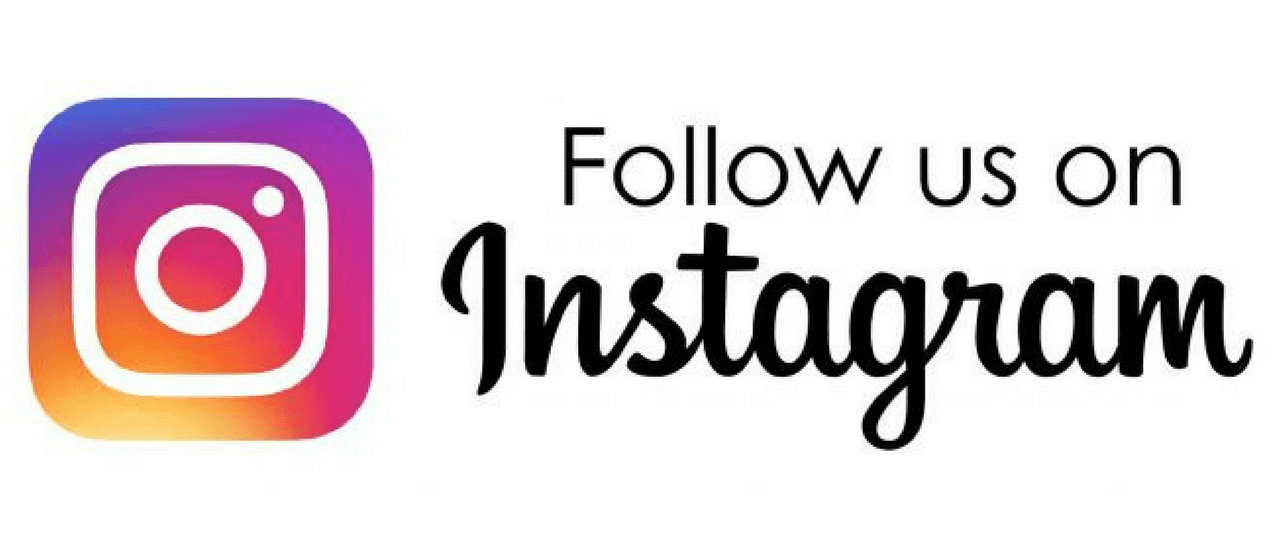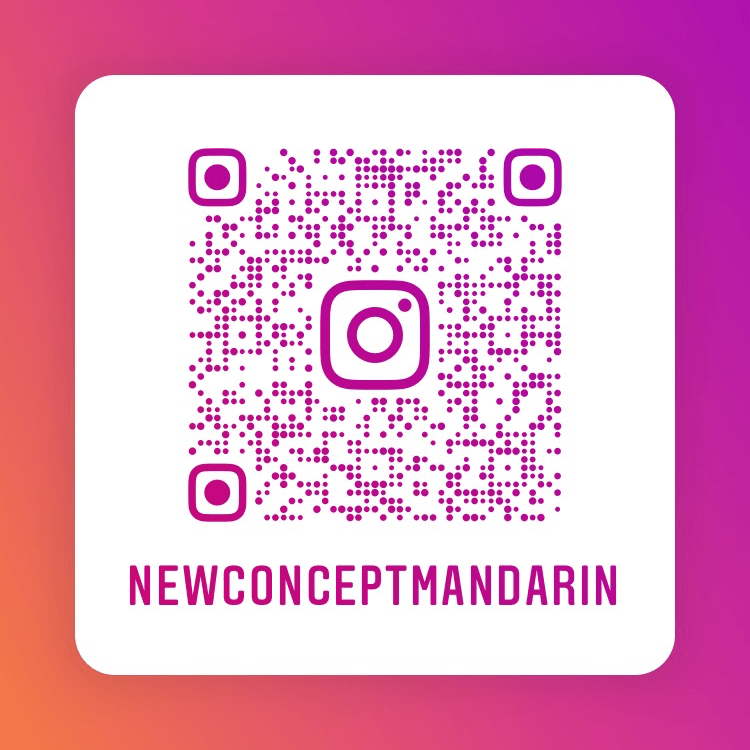Chinese Buzzwords 2022 by New Concept Mandarin
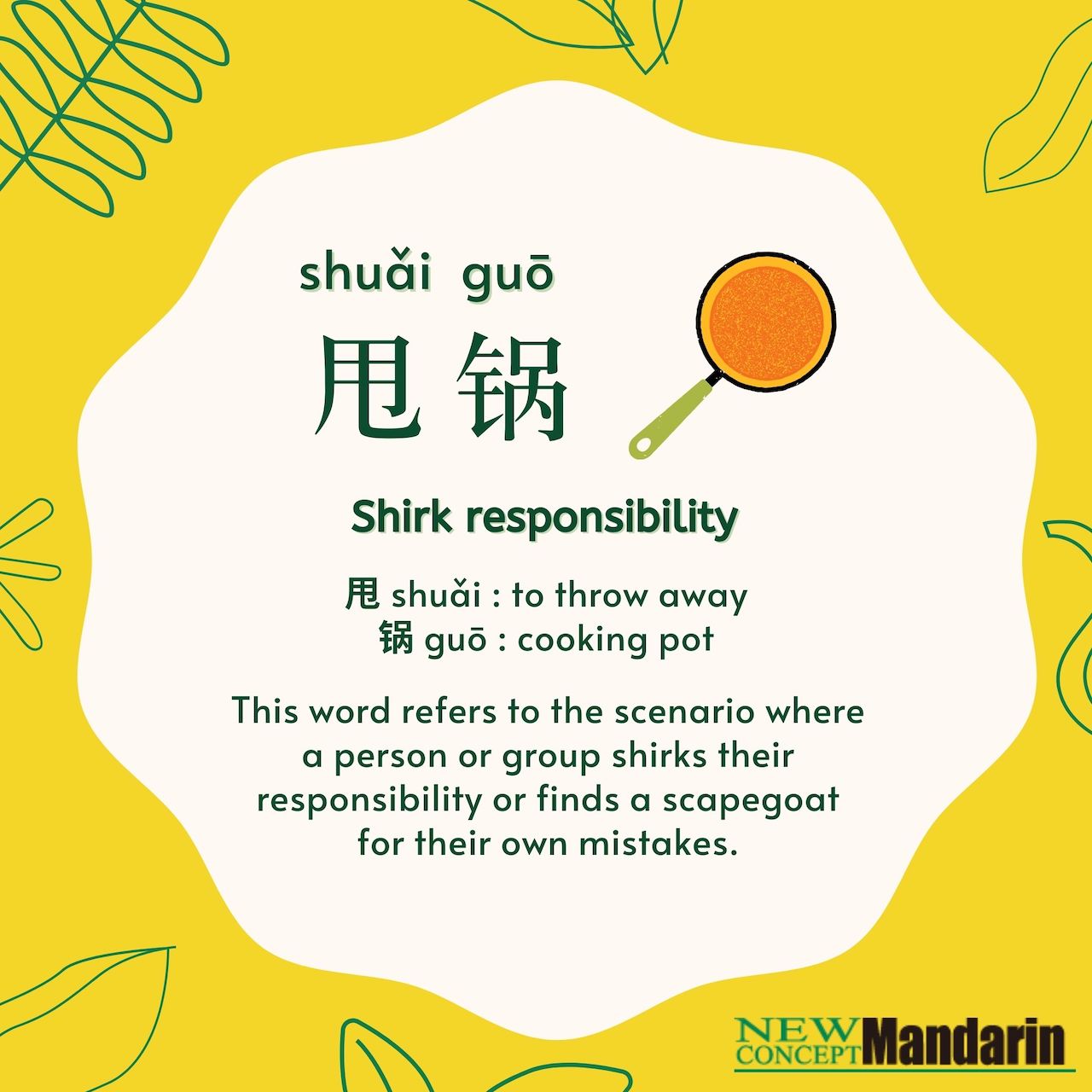
甩锅 shuǎi guō Shirk responsibility. 甩 shuǎi : to throw away, 锅 guō : cooking pot. This word refers to the scenario where a person or group shirks their responsibility or finds a scapegoat for their own mistakes.
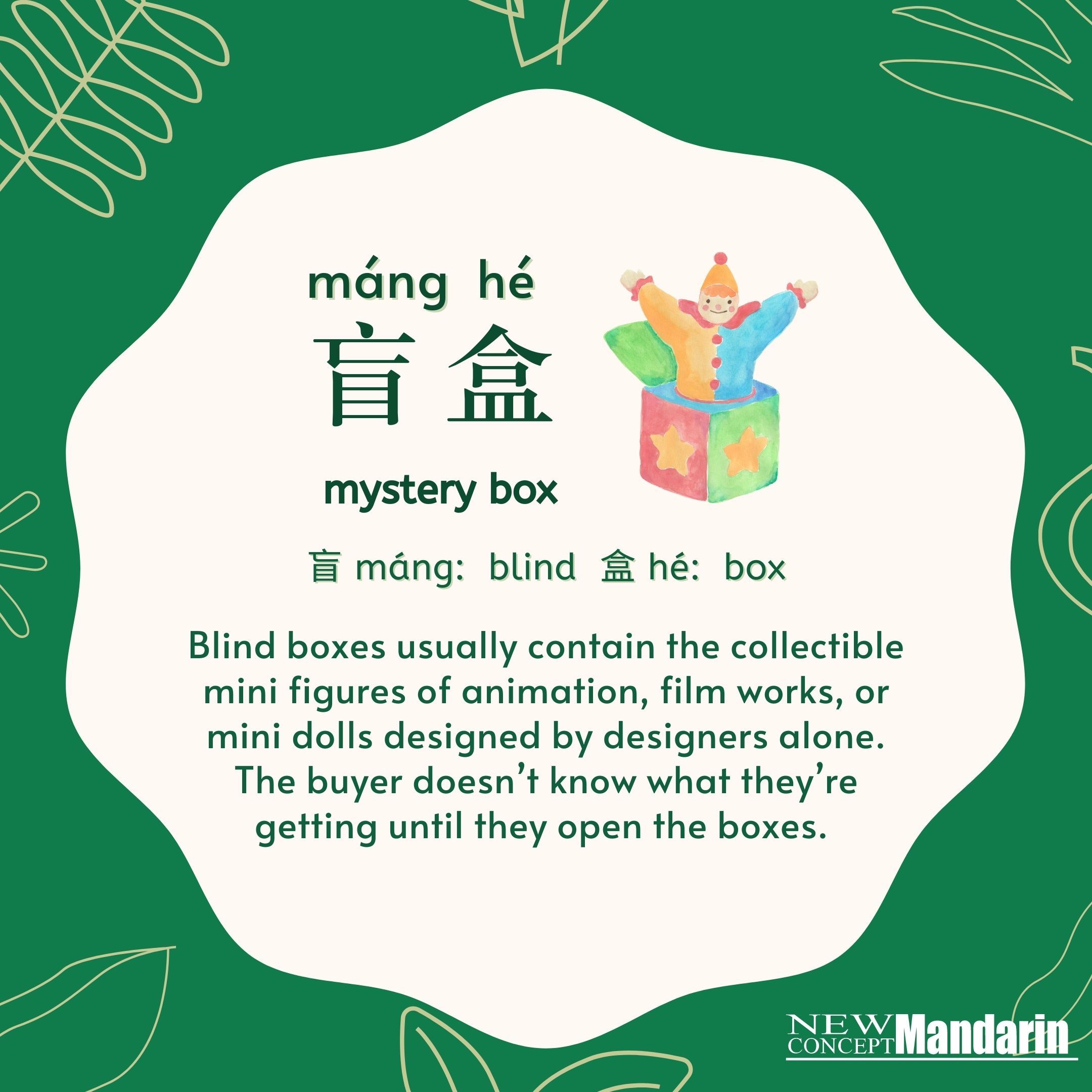
盲盒 máng hé. 盲máng: blind, 盒 hé: box. Blind boxes usually contain the collectible mini figures of animation, film works, or mini dolls designed by designers alone. The buyer doesn’t know what they're getting until they open the boxes.
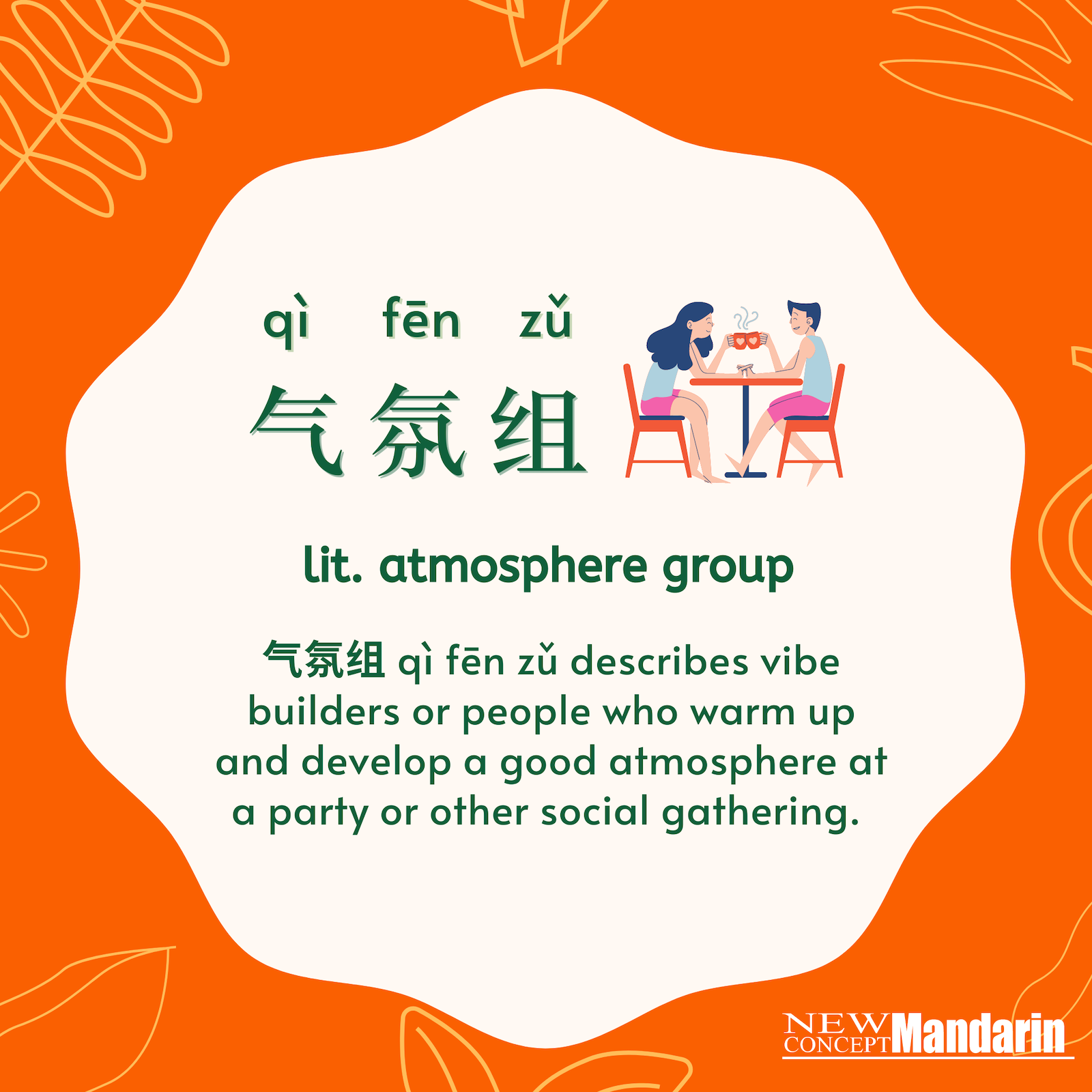
气氛组 qì fēn zǔ. lit. atmosphere group. 气氛组 qì fēn zǔ describes vibe builders or people who warm up and develop a good atmosphere at a party or other social gathering.
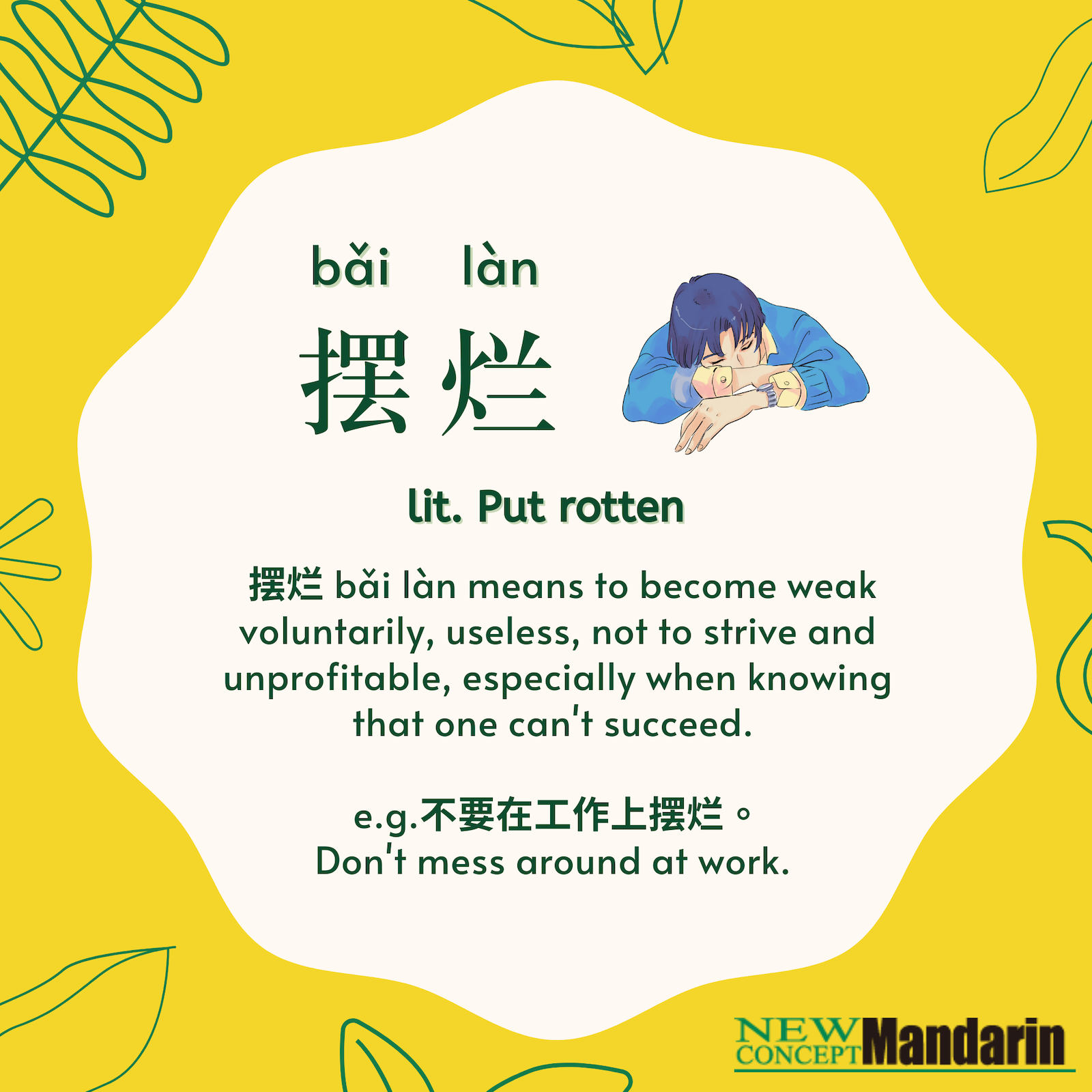
摆烂 bǎi làn. lit. Put rotten. 摆烂 bǎi làn means to become weak voluntarily, useless, not to strive and unprofitable, especially when knowing that one can't succeed. Example: 不要在工作上摆烂。Bùyào zài gōngzuò shàng bǎi làn. Don't mess around at work.
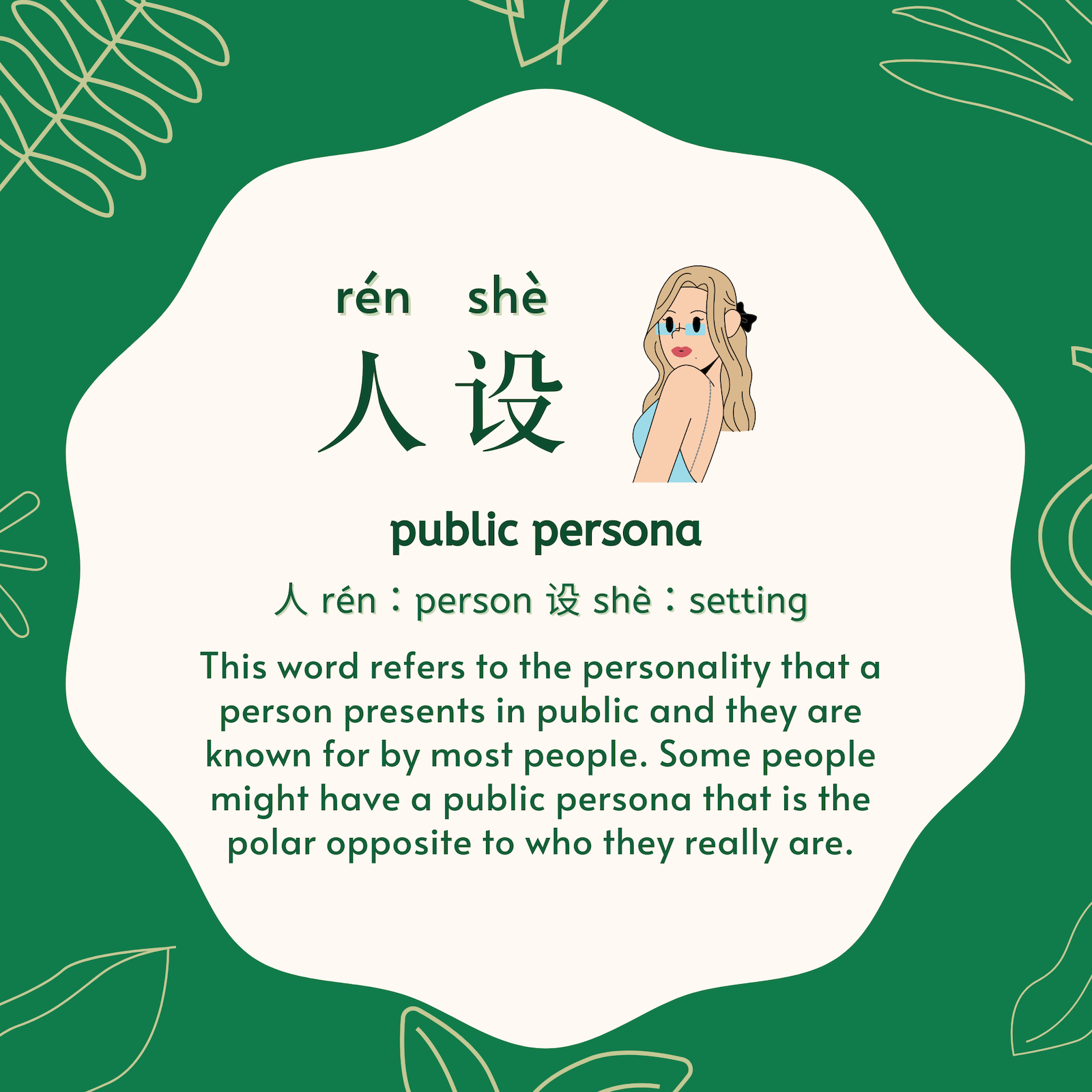
人设 rén shè, public persona. 人 rén:person 设 shè:setting. The phrase “public persona” refers to the personality that a person presents in public and they are known for by most people. Some people might have a public persona that is the polar opposite to who they really are.
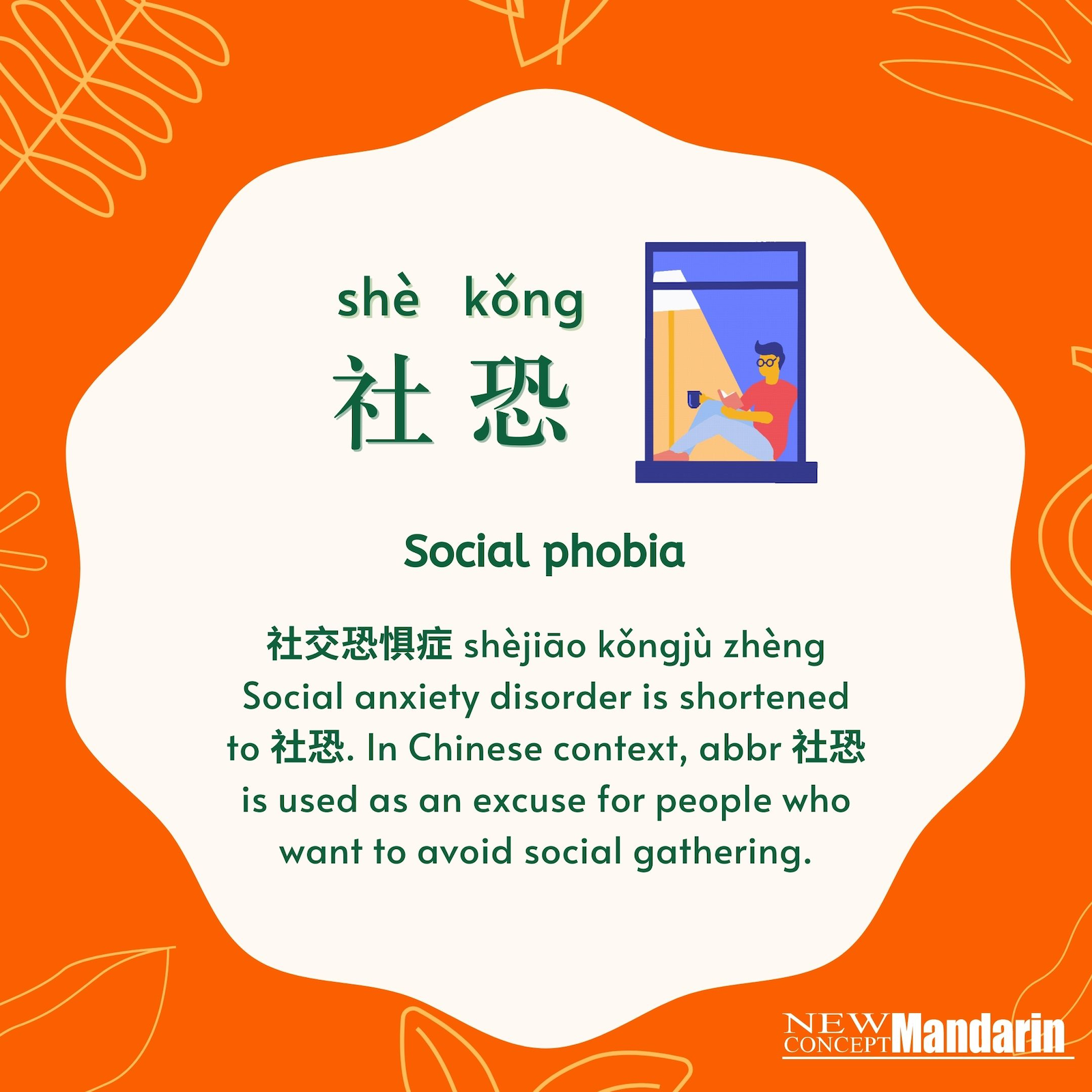
社恐 shè kǒng, Social phobia .社 shè:social, 恐 kǒng:fear. 社交恐惧症 shèjiāo kǒngjù zhèng Social anxiety disorder is commonly shortened to 社恐. In Chinese context, abbr 社恐 is more commonly used as an excuse for people who want to avoid social gathering.
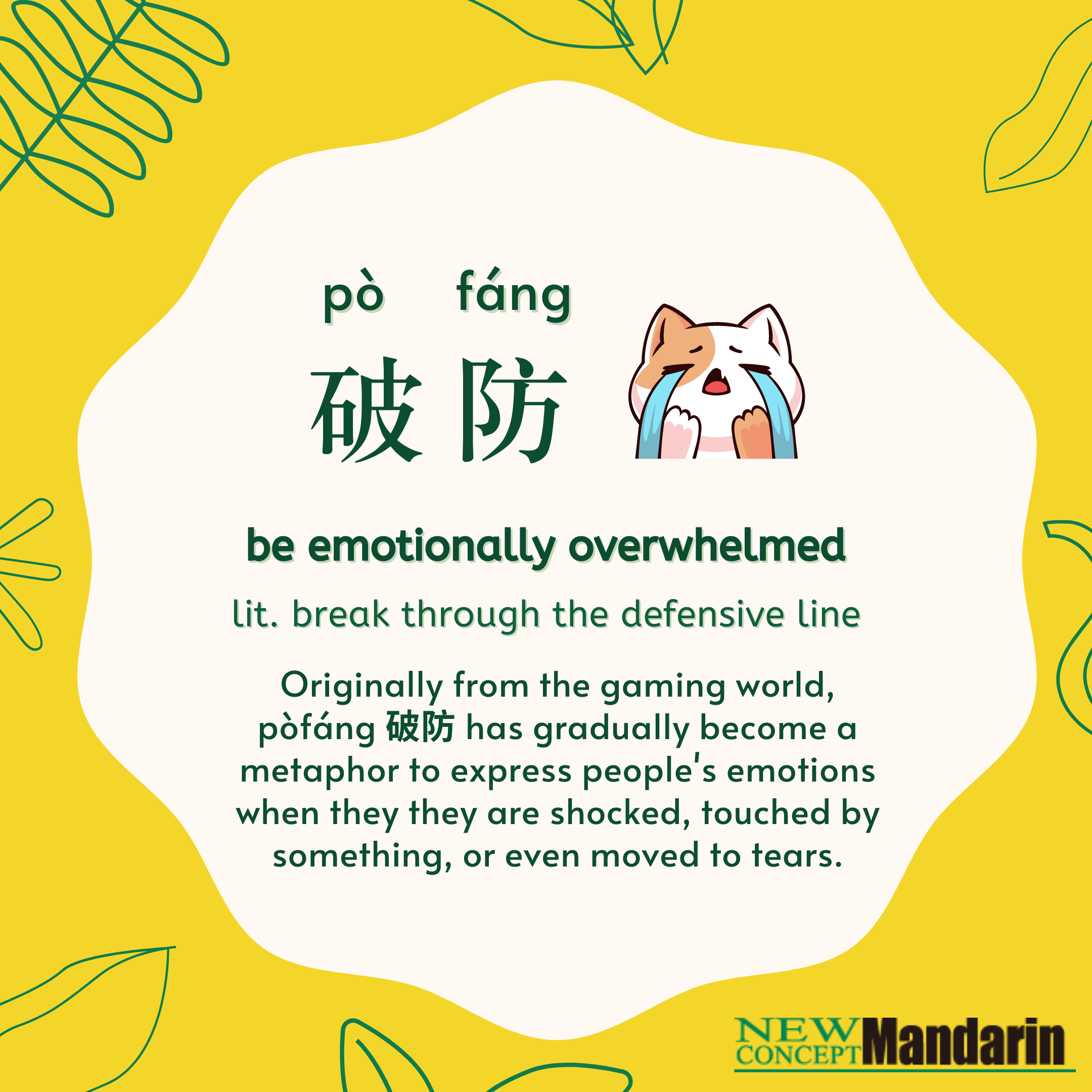
破防pò fáng. lit. break through the defensive line. be emotionally overwhelmed. Originally from the gaming world, pòfáng 破防 has gradually become a metaphor to express people's emotions when they they are shocked, touched by something, or even moved to tears.
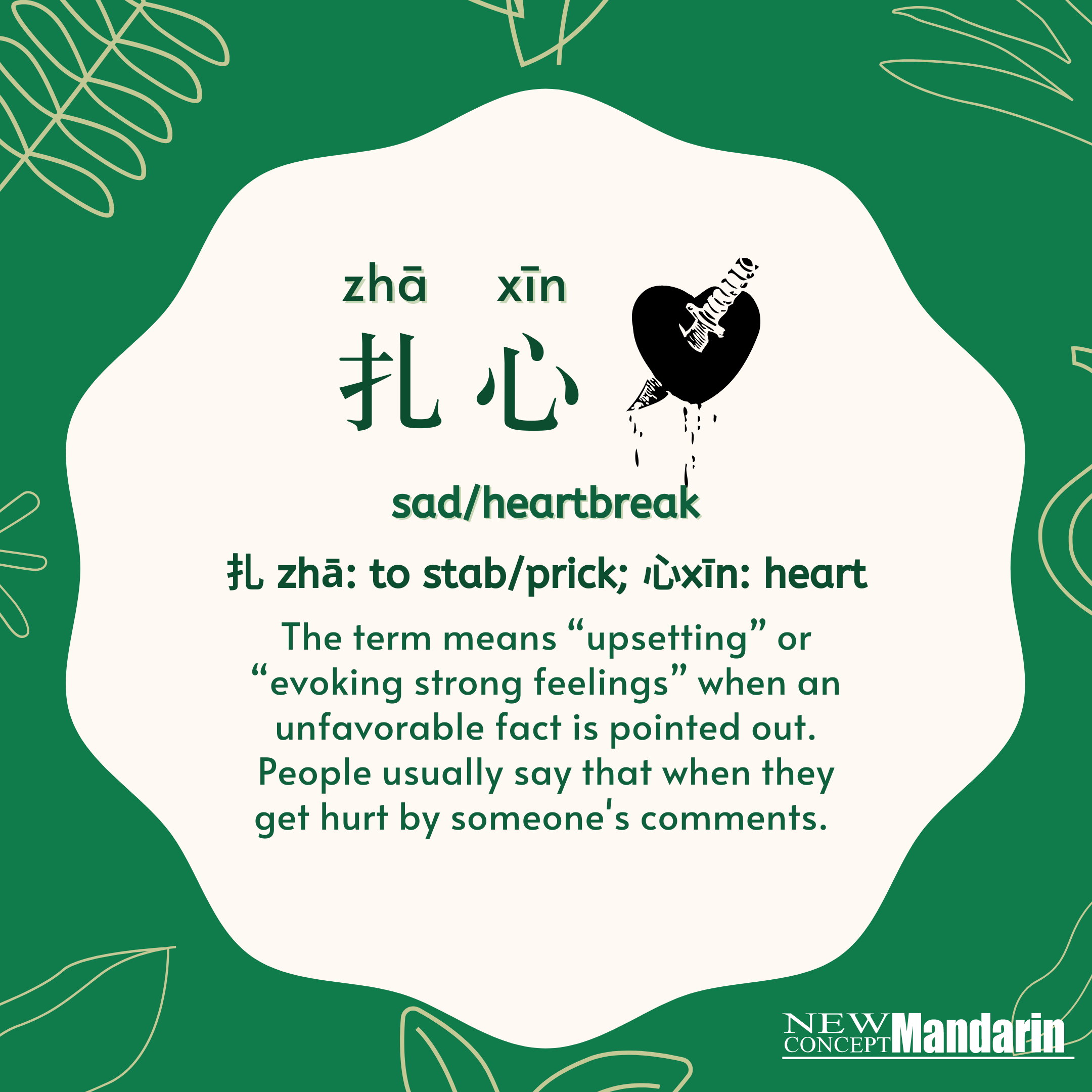
扎心 zhā xīn sad/heartbreak. 扎zhā: to stab/prick; 心xīn: heart. The term means "upsetting" or "evoking strong feelings" when an unfavorable fact is pointed out. People usually say that when they get hurt by someone's comments.
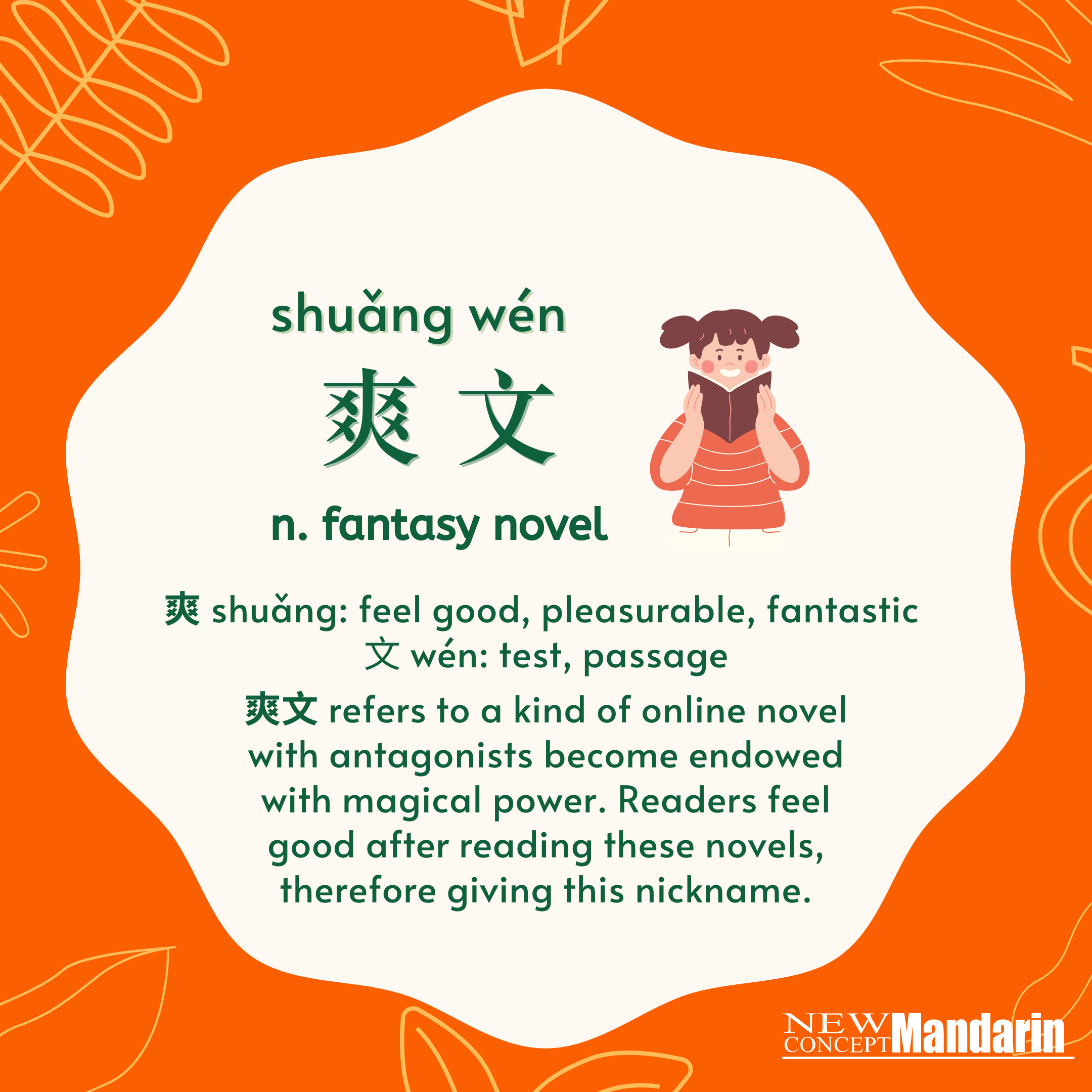
爽文 shuǎng wén. n. fantasy novel; 爽 shuǎng: feel good ; 文 wén: test, passage
It refers to a kind of online novel with antagonists become endowed with magical power. Readers feel good after reading these novels, therefore giving the genre its nickname.
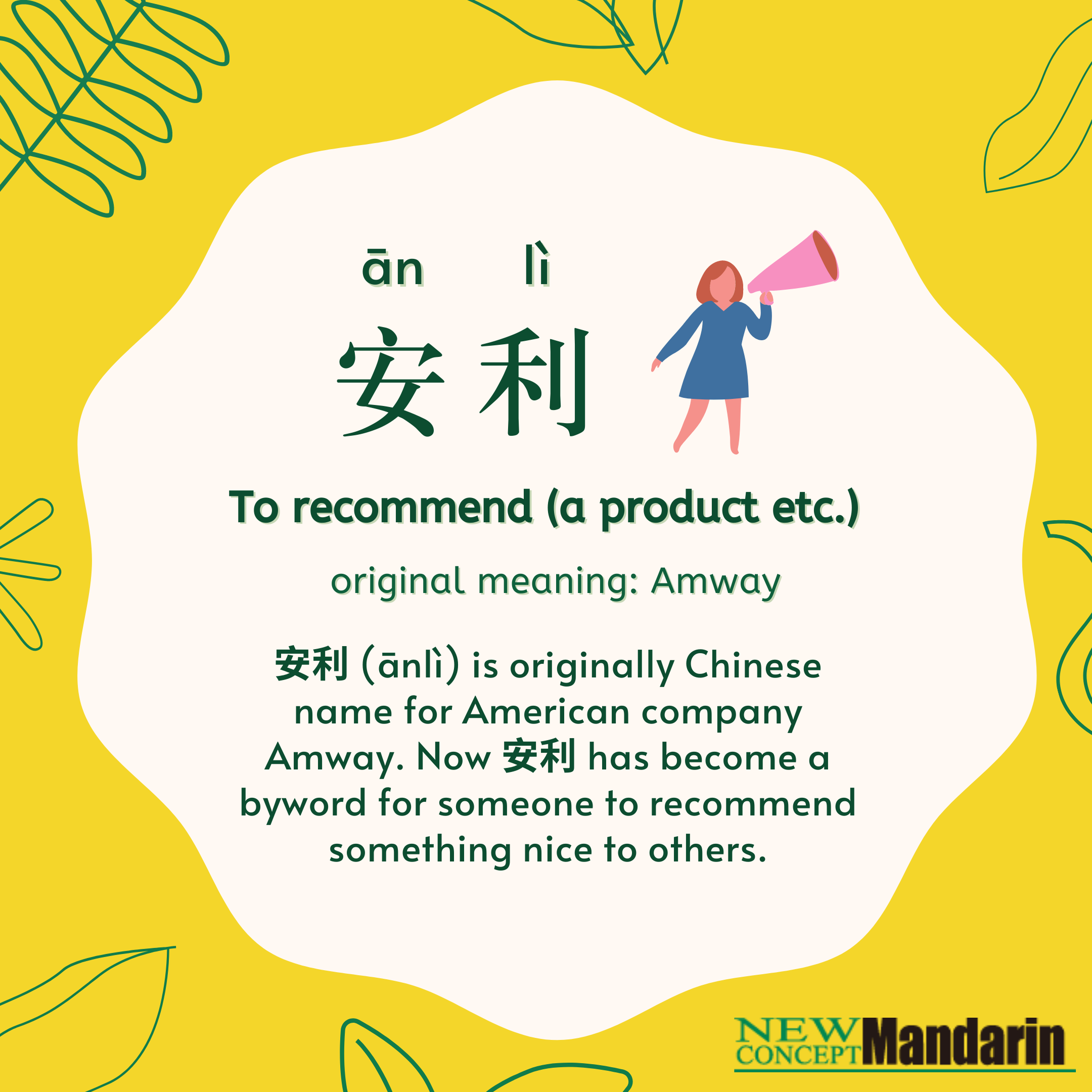
安利 ānlì To recommend (a product etc.). original: Amway. 安利 (ānlì) is originally Chinese name for American company Amway. They are famous for their marketing style and selling strategy. They hire people to sell their products, to persuade others to buy their healthcare products.
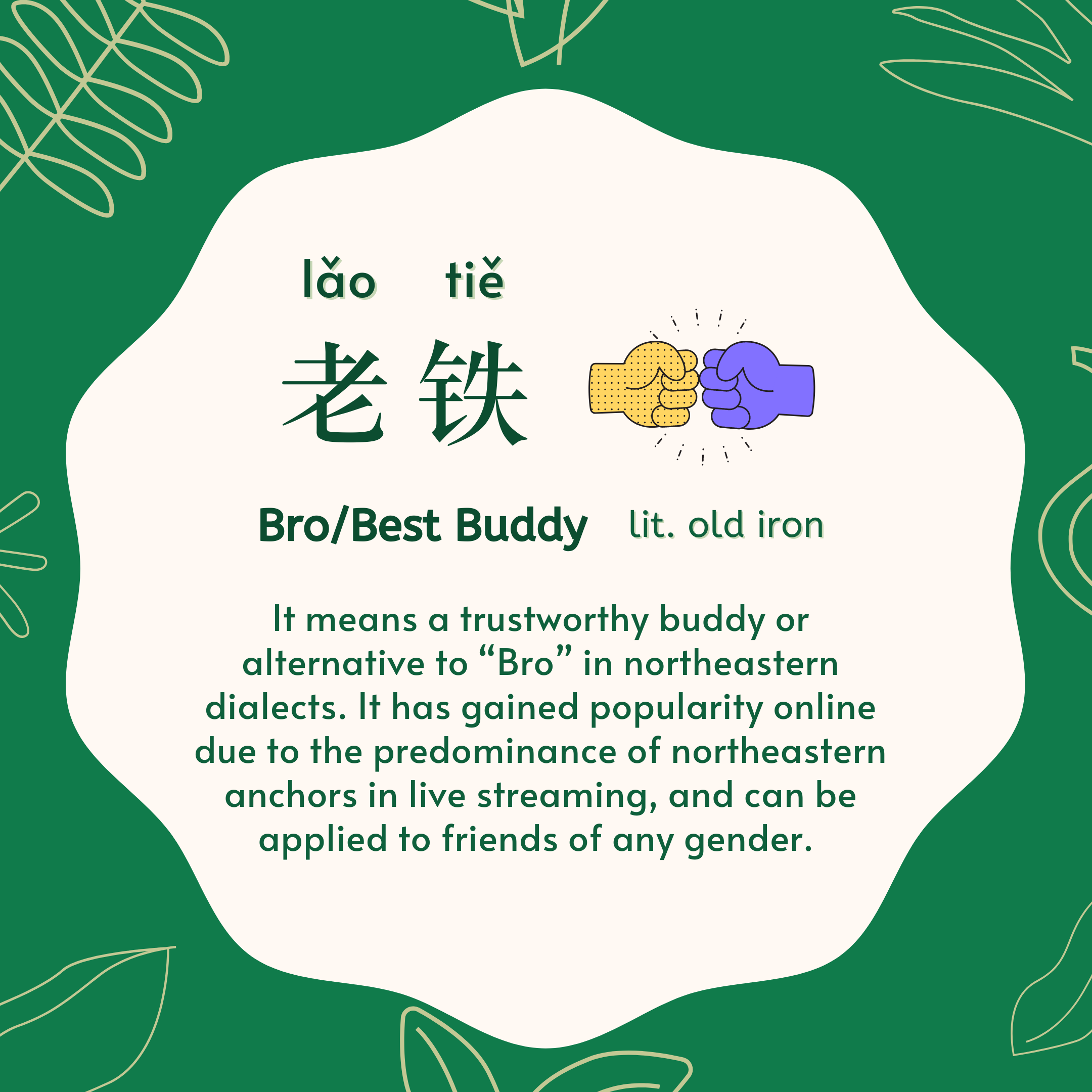
老铁 lǎo tiě. lit. old iron. Bro/Best Buddy. 老铁(lǎo tiě) means a trustworthy buddy or alternative to 'Bro' in northeastern dialects. It has gained popularity online due to the predominance of northeastern anchors in live streaming, and can be applied to friends of any gender.
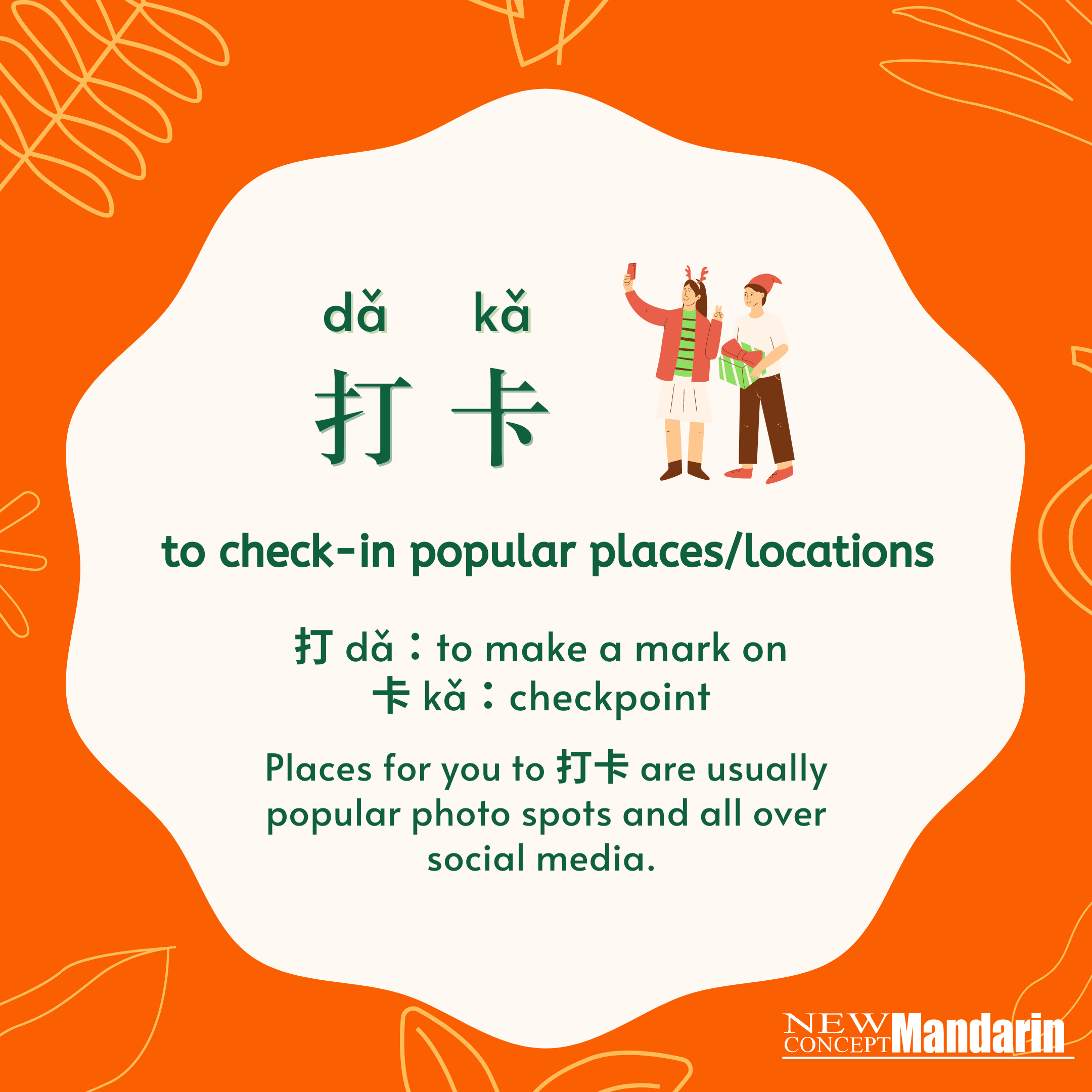
打卡 dǎ kǎ to check-in popular places/locations. 打 dǎ:to make a mark on 卡 kǎ:checkpoint. Places for you to 打卡 are usually popular photo spots and all over social media.
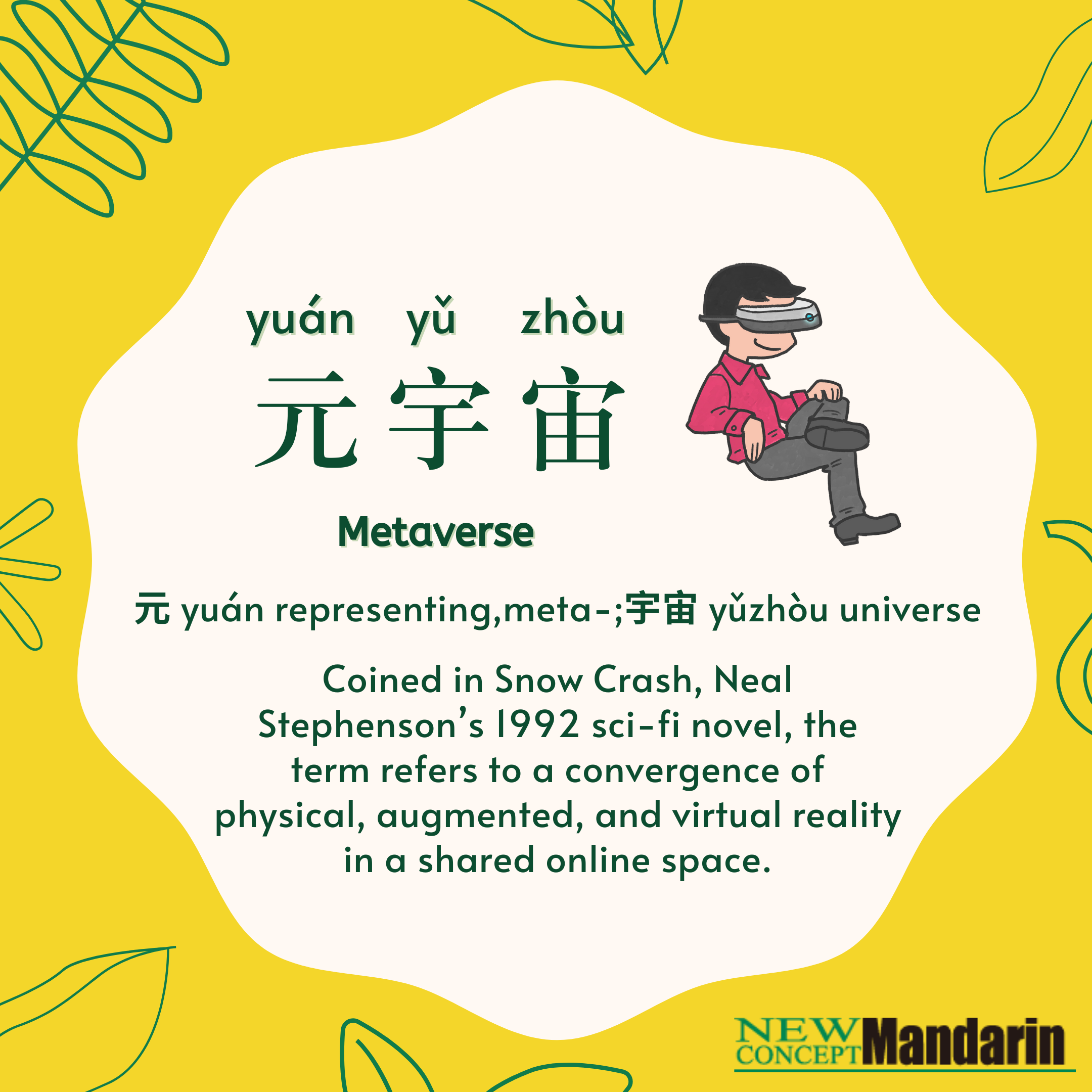
元宇宙yuán yǔ zhòu Metaverse. 元 yuán representing, meta-; 宇宙 yǔ zhòu universe. Coined in Snow Crash, Neal Stephenson’s 1992 sci-fi novel, the term refers to a convergence of physical, augmented, and virtual reality in a shared online space.
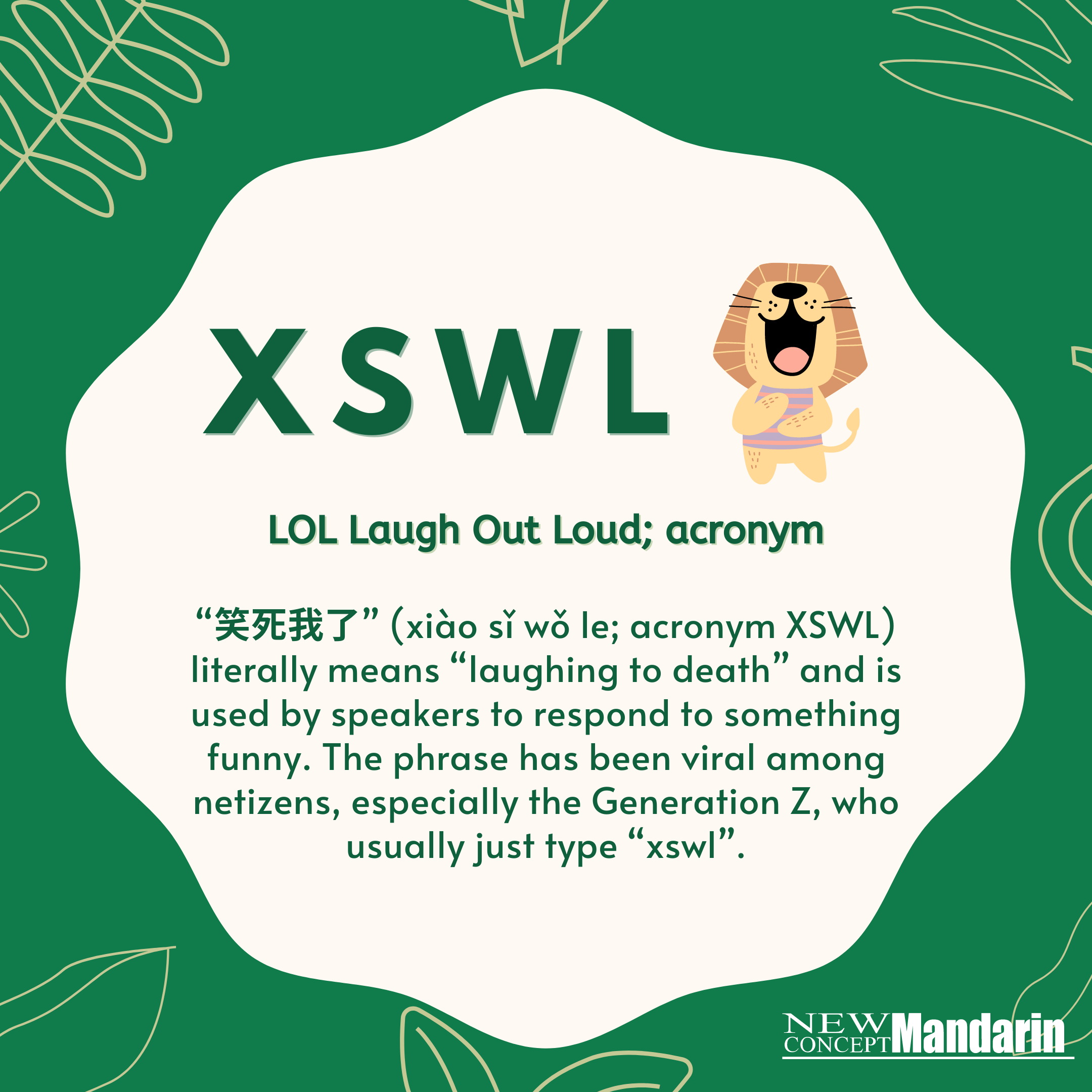
XSWL Internet slang acronym. LOL Laugh Out Loud. "笑死我了" (xiào sǐ wǒ le; acronym XSWL) literally means "laughing to death" and is used by speakers to respond to something funny, comparable to LOL in English. The phrase has been viral among netizens, especially the Generation Z, who usually just type "xswl".
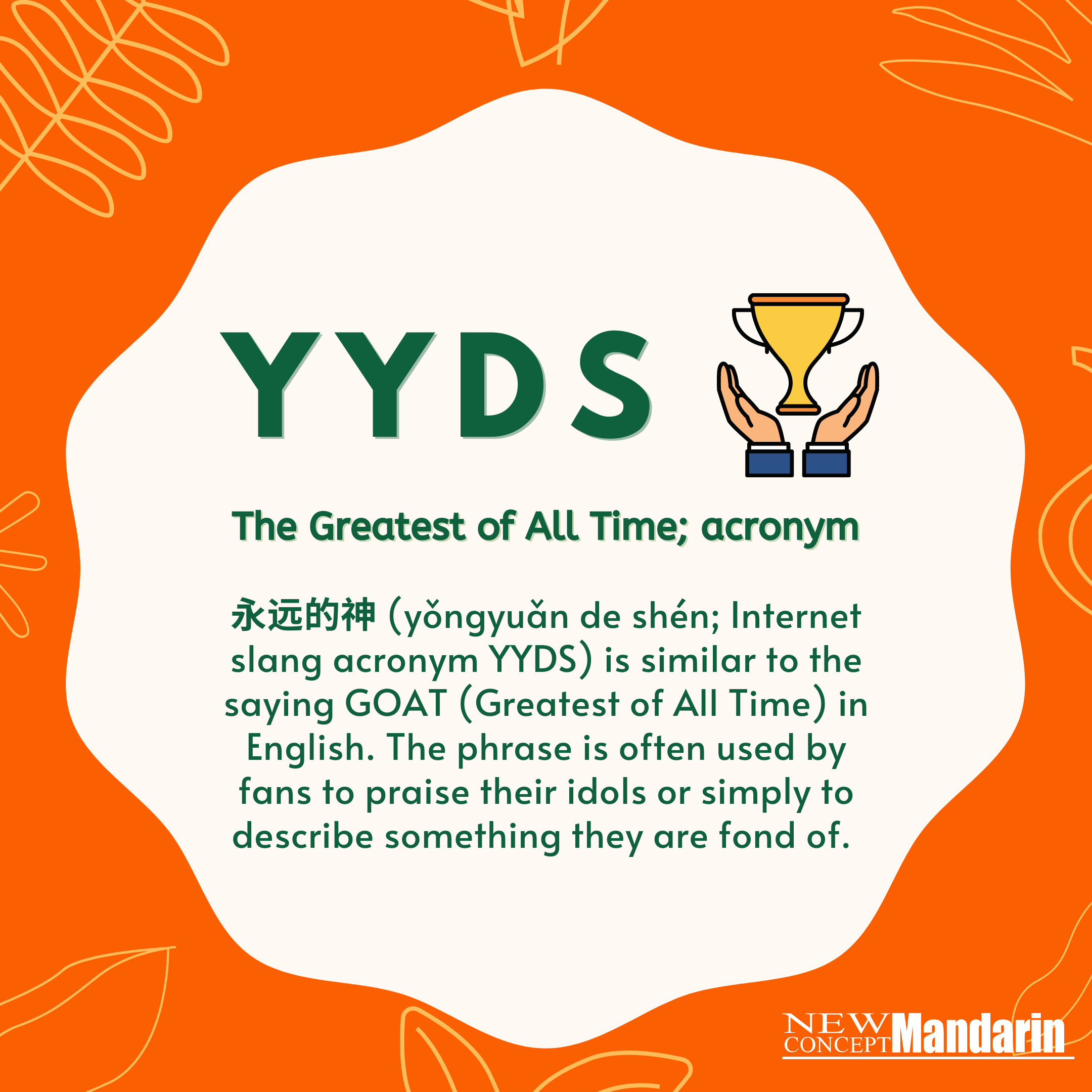
The Greatest of All Time. acronym. 永远的神 (yǒngyuǎn de shén; Internet slang acronym YYDS) is similar to the saying GOAT (Greatest of All Time) in English. The phrase is often used by fans to praise their idols or simply to describe something they are fond of. The phrase has been viral among netizens, especially the Generation Z, who usually just type "yyds".
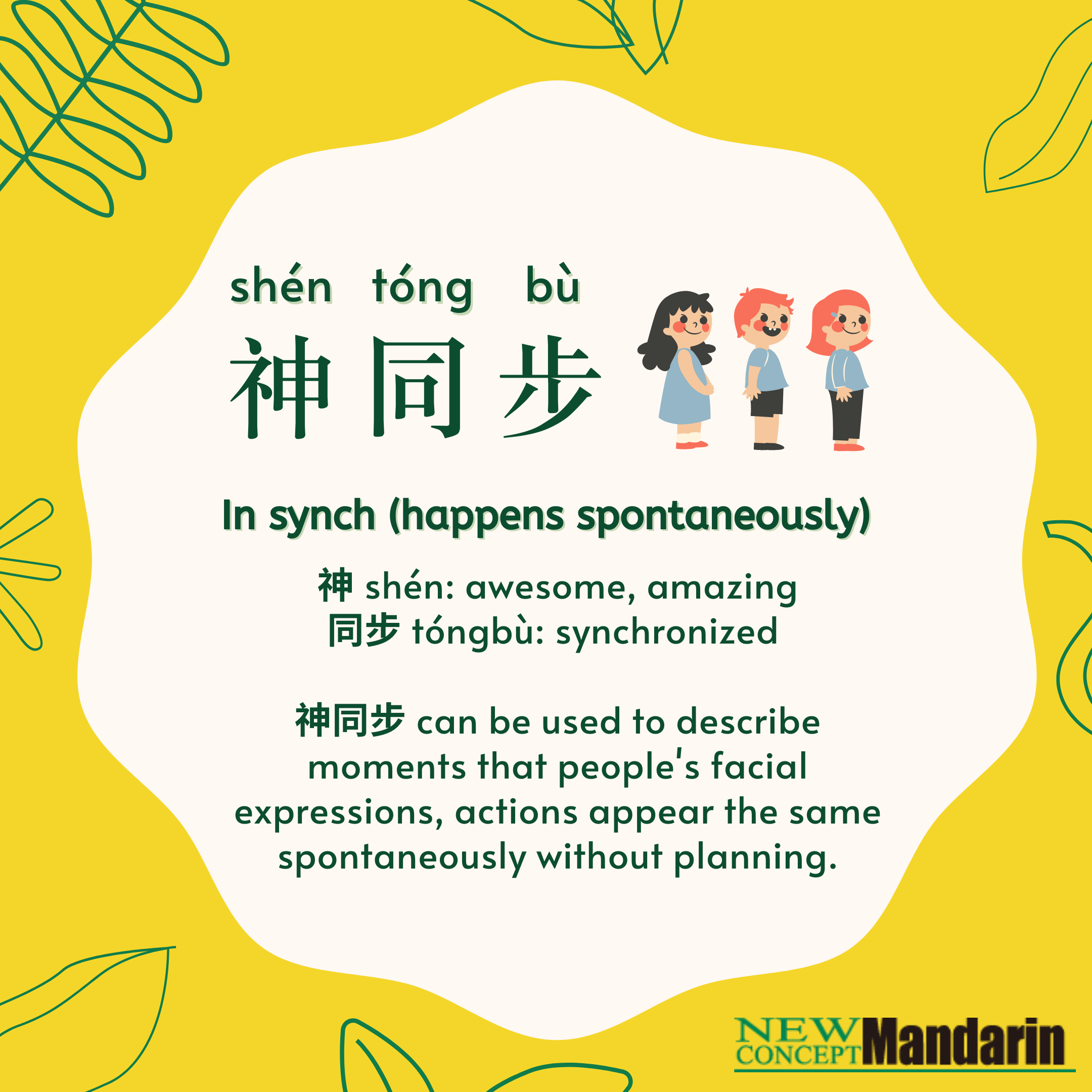
神同步 in synch (happens spontaneously). 神 shén: adj. awesome, amazing. 同步 tóngbù: synchronized. 神同步 can be used to describe moments that people's facial expressions, actions appear the same spontaneously without planning.
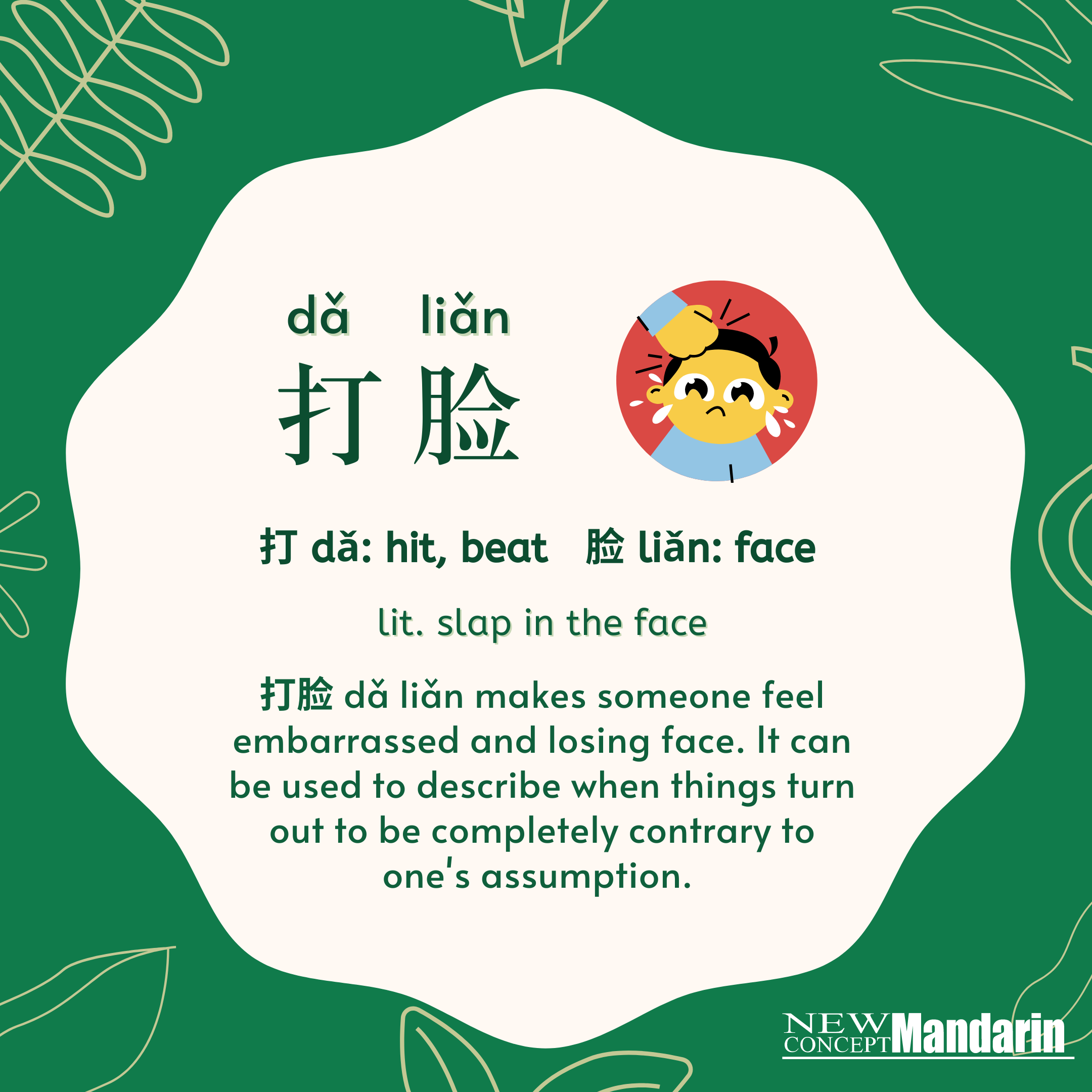
打脸 dǎ liǎn lit. slap in the face. 打: hit, beat 脸: face. 打脸 makes someone feel embarrassed and losing face. It can be used to describe when things turn out to be completely contrary to one’s assumption , especially when one is too confident or reckless to jump into conclusions, and it's immediately proven wrong.
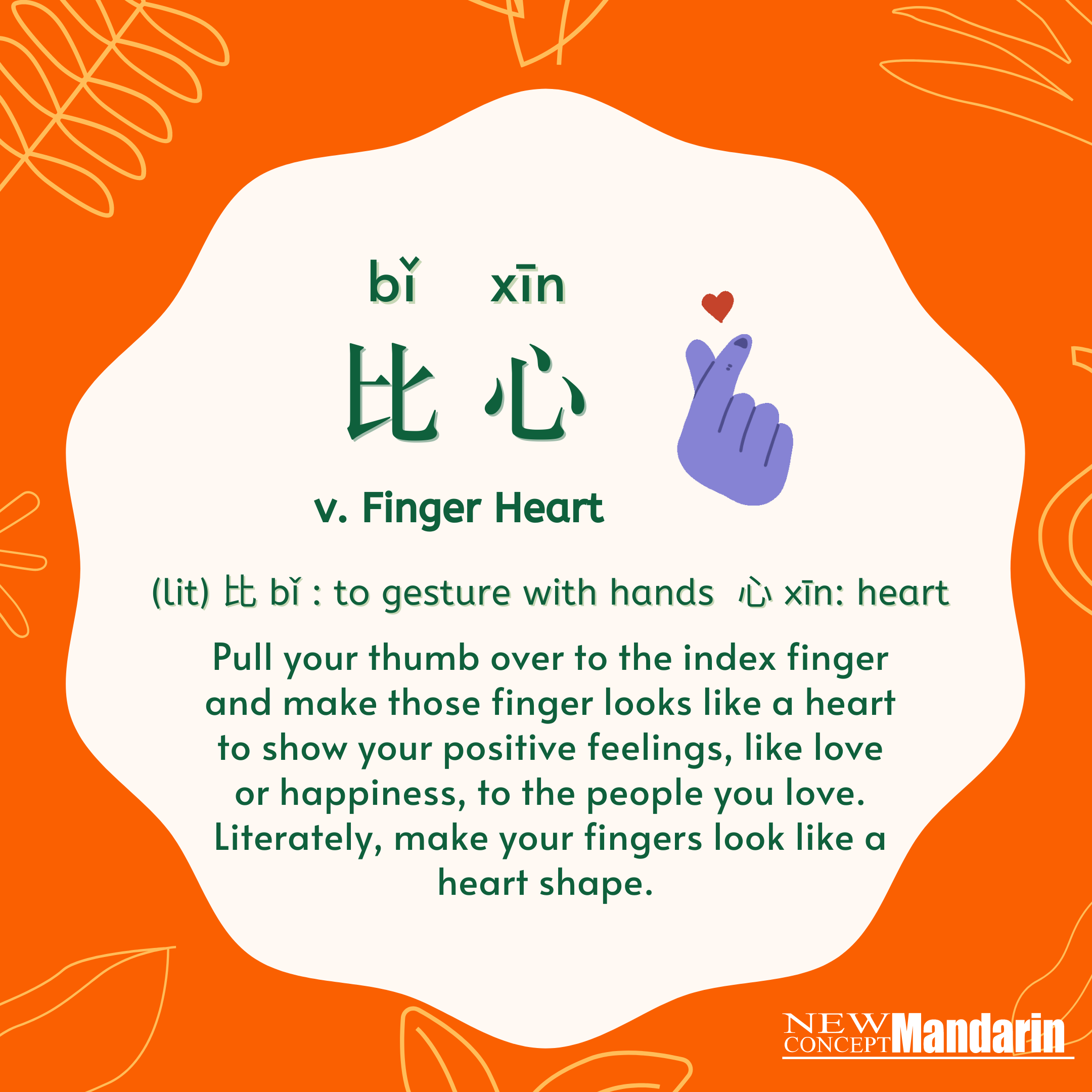
比心 bǐ xīn Finger Heart. (lit) 比 bǐ : to gesture with hands 心 xīn: heart. Pull your thumb over to the index finger and make those finger looks like a heart to show your positive feelings, like love or happiness, to the people you love. Literately, make your fingers look like a heart shape.
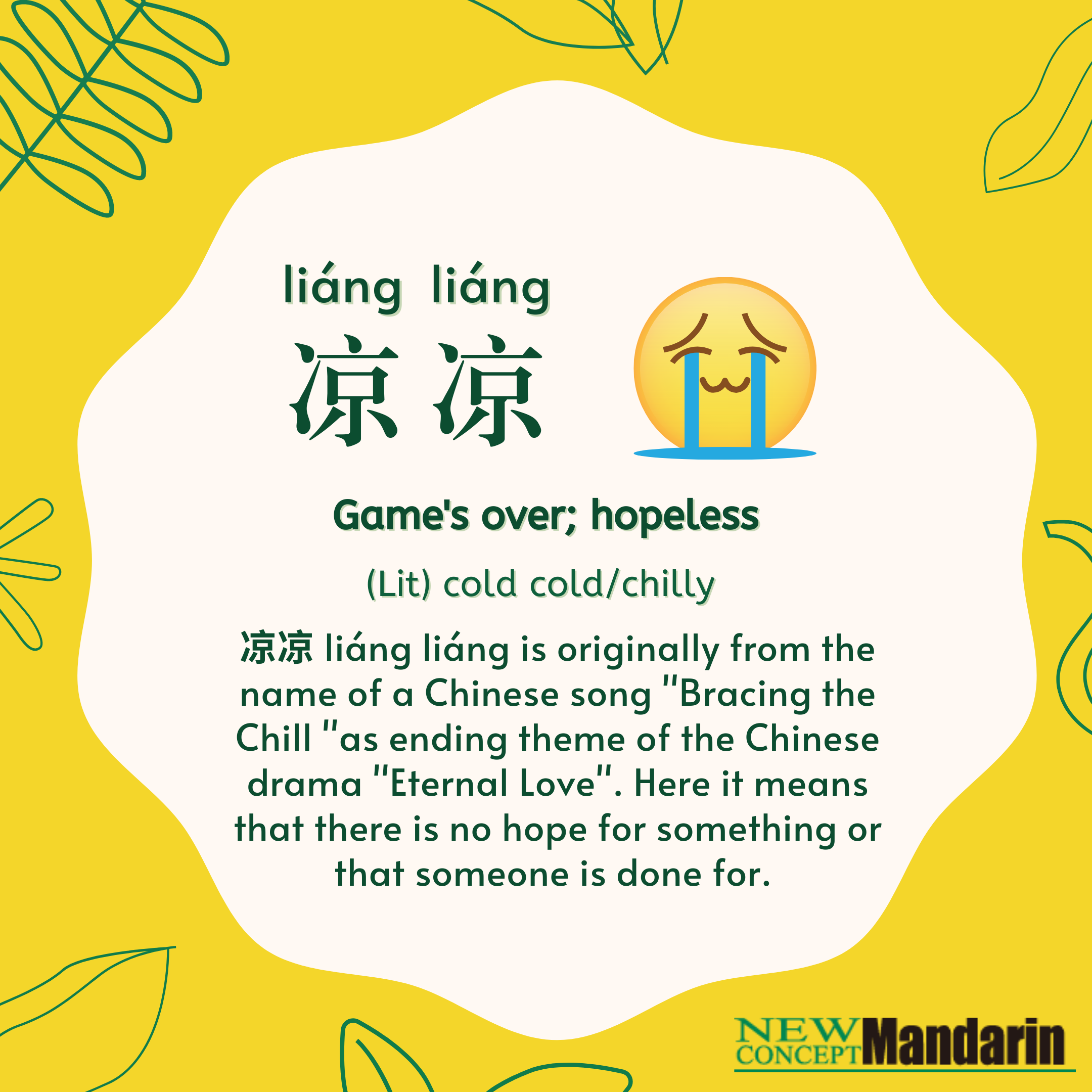
凉凉 liáng liáng Game's over; hopeless. Lit: cold cold/chilly. 凉凉 liáng liáng is originally from the name of a Chinese song "Bracing the Chill "as ending theme of the Chinese drama "Eternal Love". Here it means that there is no hope for something or that someone is done for.
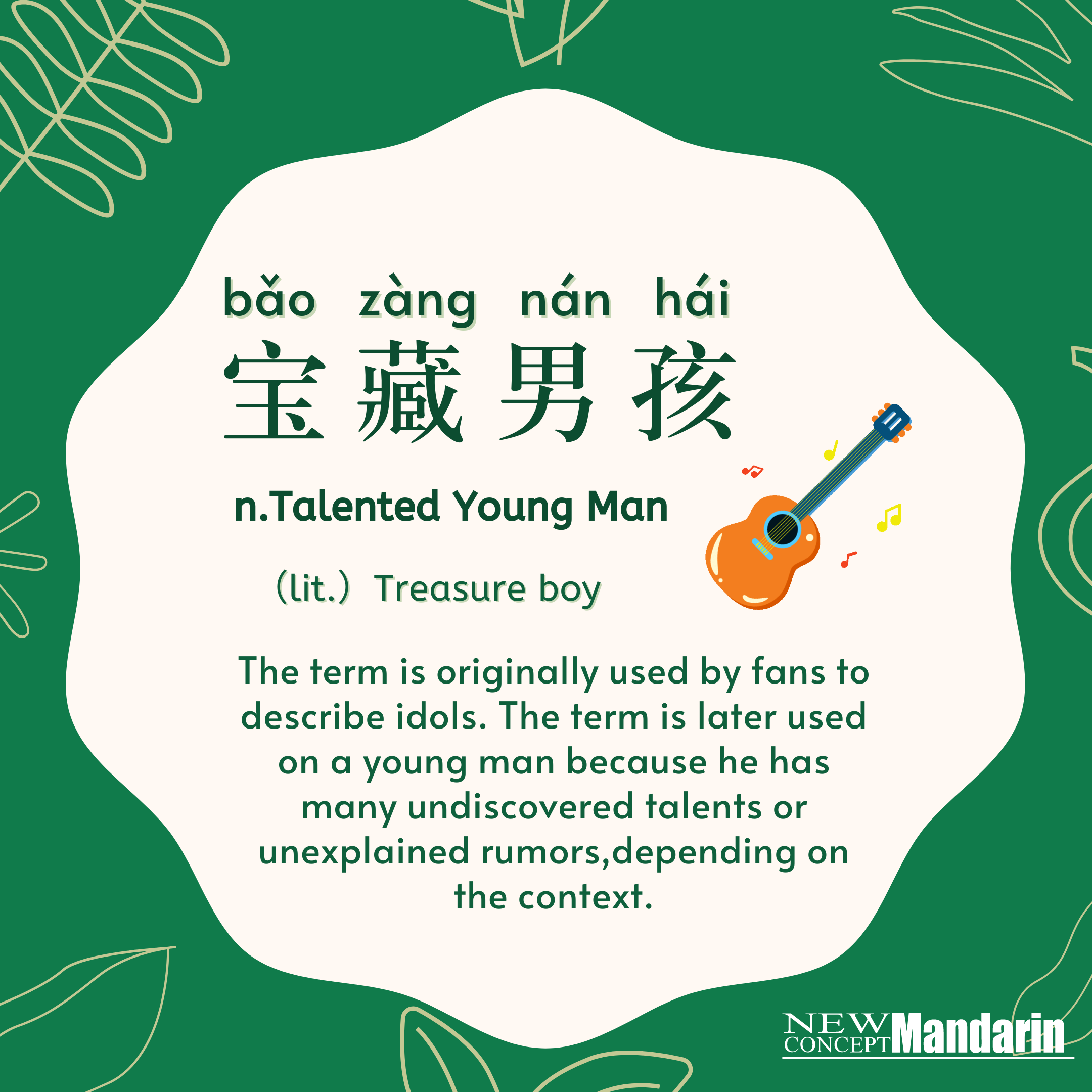
宝藏男孩 bǎozàng nánhái Talented Young Man lit. Treasure Boy: The term is originally used by fans to describe idols they like or dislike, can have different meanings depending on the context. The term is later used on a young man because he has many undiscovered talents or unexplained rumors, always surprises people.
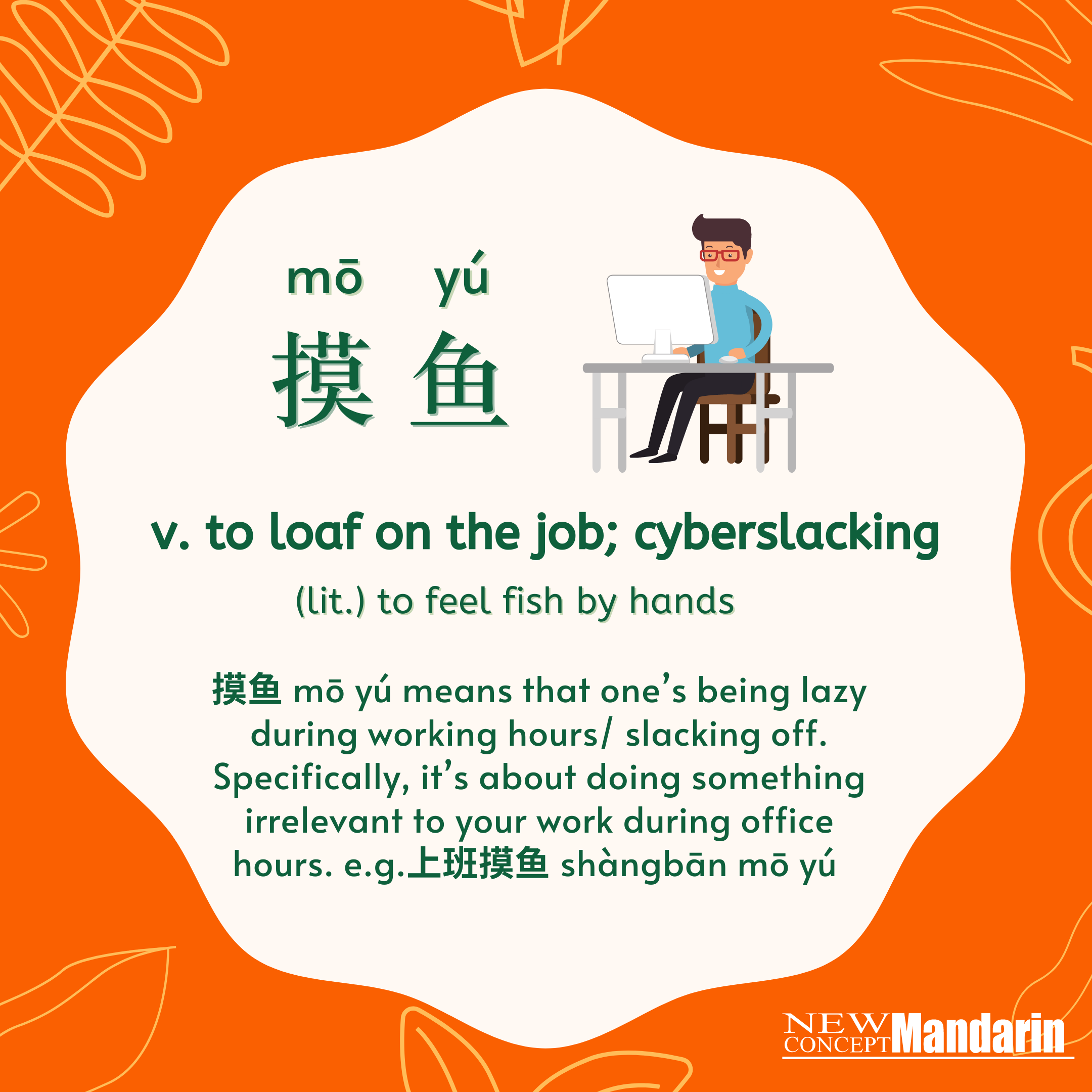
摸鱼 mō yú to loaf on the job; cyberslacking lit. to feel fish by hands: 摸鱼mō yú originally refers to the idiom "浑水摸鱼 hún shuǐ mō yú" to fish in the muddy water. Now, it has a new meaning to describe a status that office workers are cyberslacking or cyberloafing. Specifically, it's about doing something irrelevant to your work during office hours.
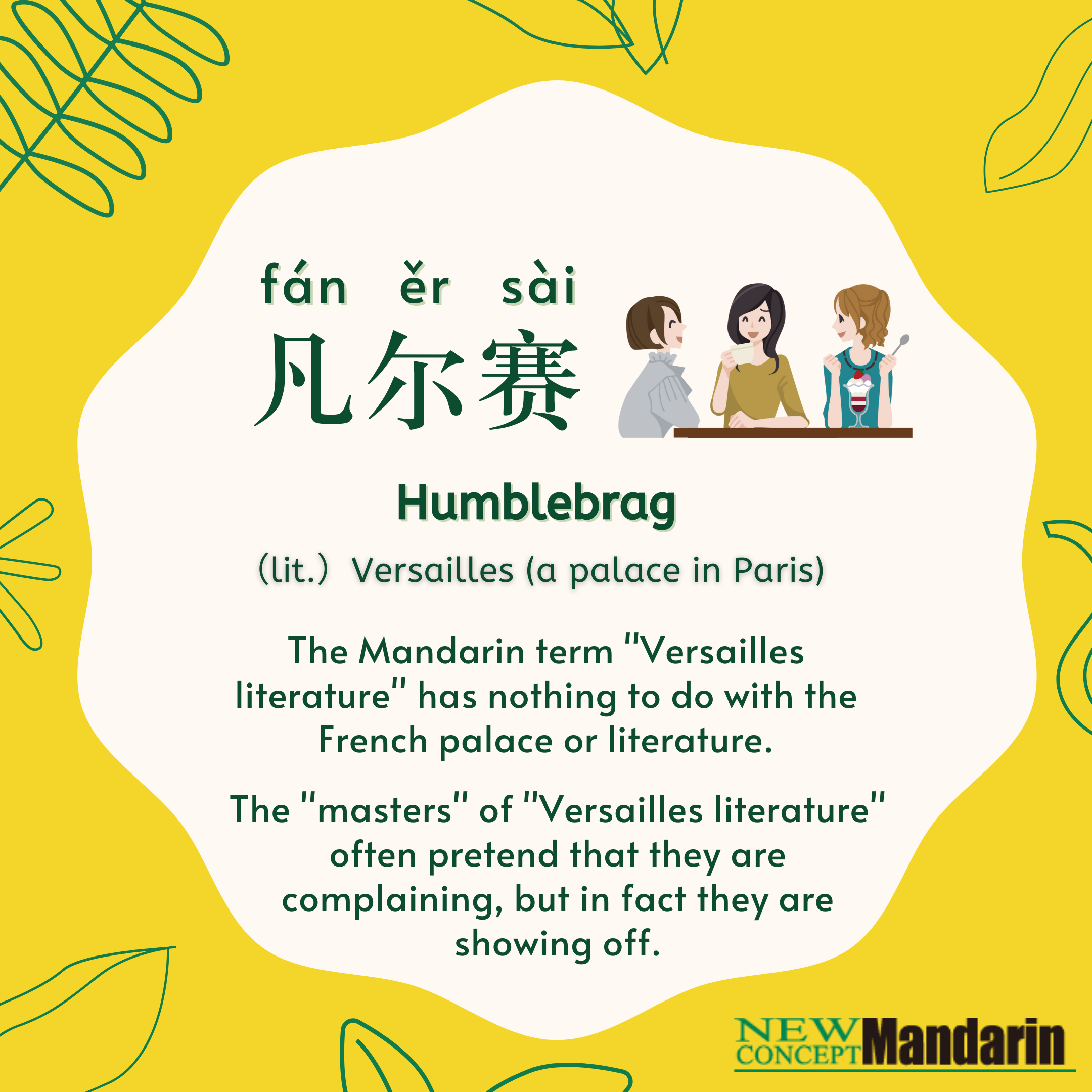
凡尔赛 fán'ěrsài Versailles "Versailles literature." The term has nothing to do with the French palace nor with literature. It came from the Japanese manga series "The Rose of Versailles" For example, "I have too many houses. How can I decide which one to decorate?" The intention is to show off – usually things of materialistic values, yet one ought to pretend that's not the point.
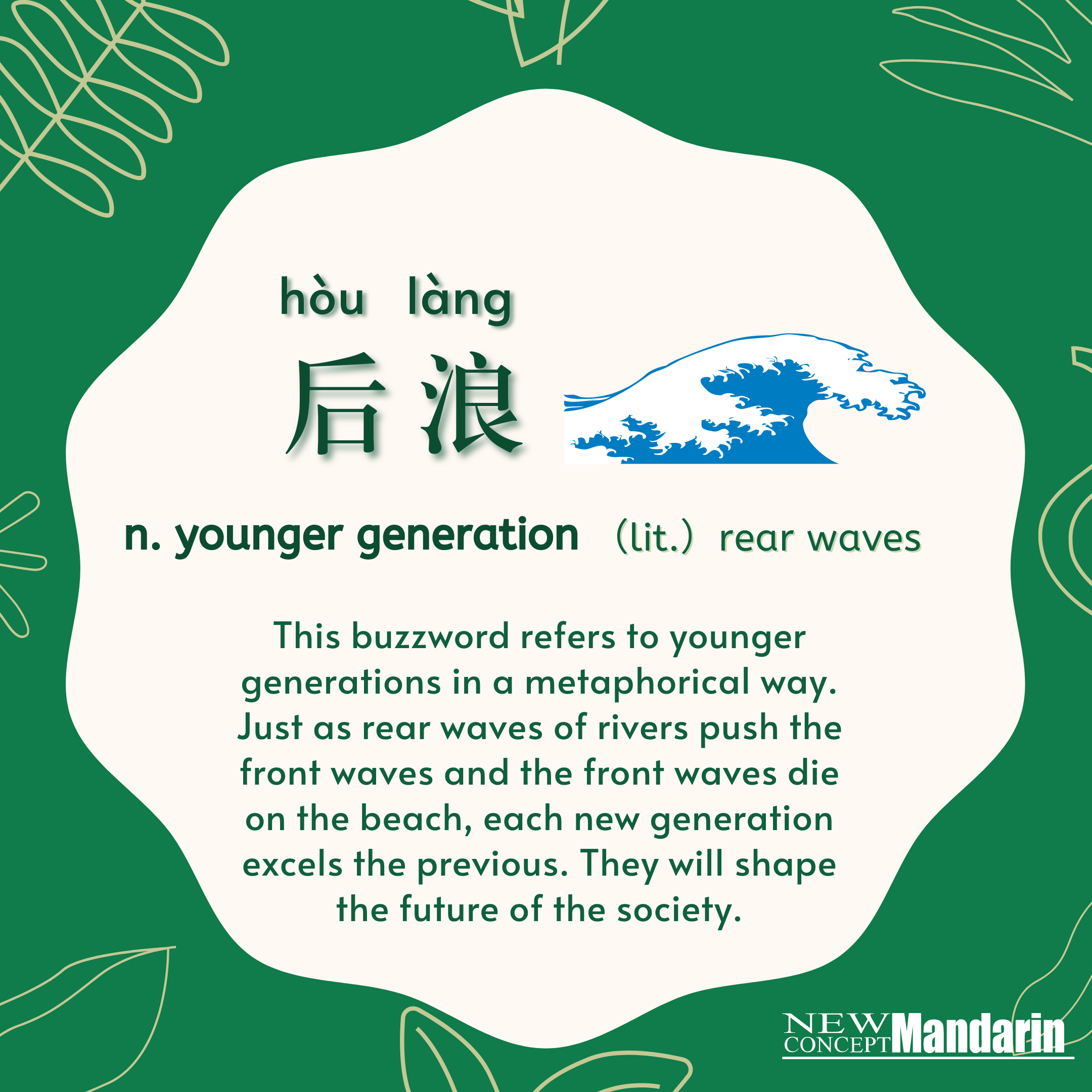
后浪 hòulàng younger generation lit. rear waves. This buzzword refers to younger generations in a metaphorical way. Just as rear wave of river pushes the front wave, each new generation excels the previous. Generation Z, who once got a bad rap from their elders for being spoiled. They are becoming an individualistic and dynamic group that will shape the future of China.
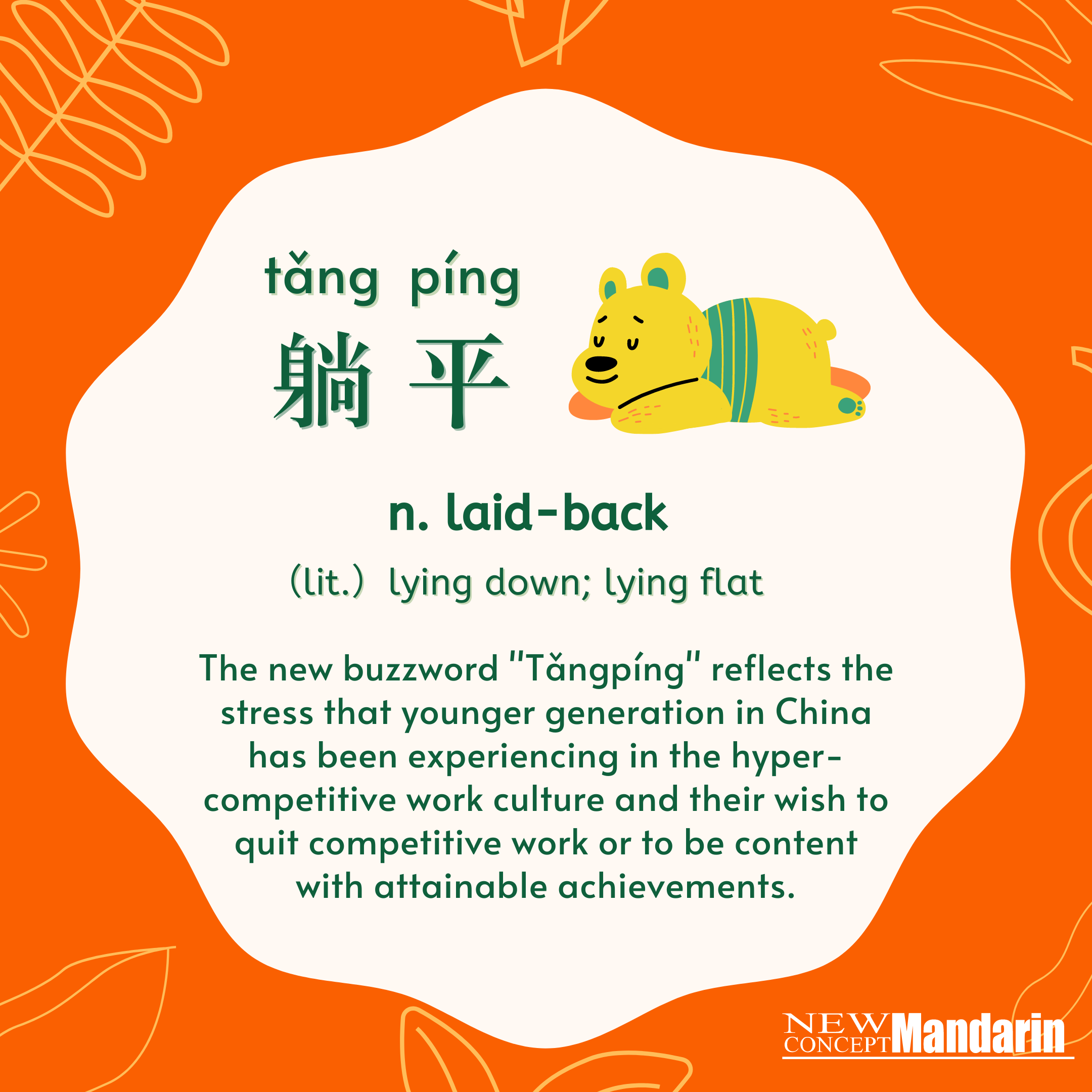
躺平 tǎng píng laid-back lit. lying down; lying flat. "Lie down" (躺平) is a new buzzword in China that emphasizes how the younger generation is tired of being pushed to social competition. The idea behind- quit competitive work, not work or not overworking, being content with more attainable achievements.
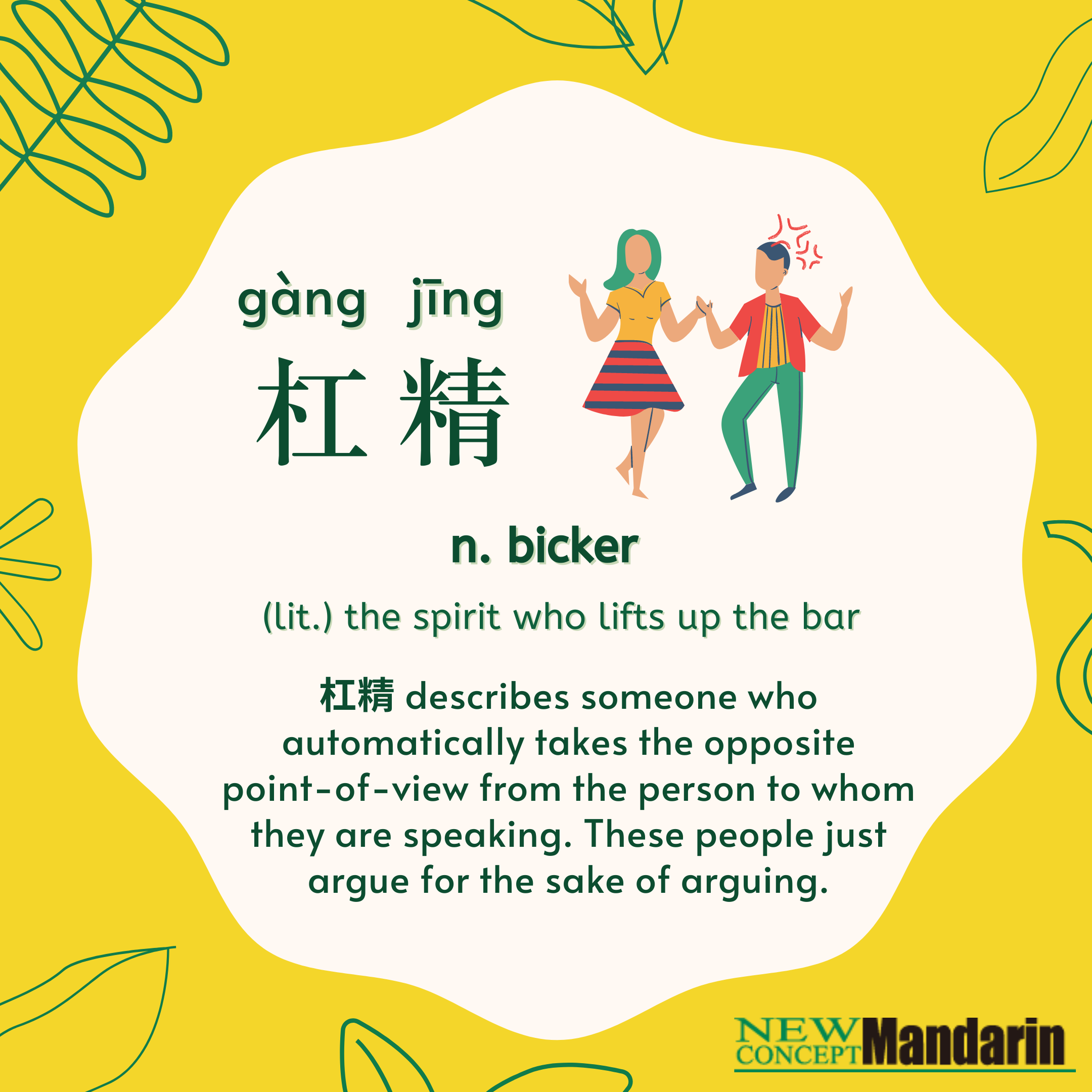
杠精 gàng jīng n. bicker. Here 杠 is from the Chinese word "抬杠(táigàng)" which means contradict or talk back. 杠精 describes someone who automatically takes the opposite point-of-view from the person to whom they are speaking. These people just argue for the sake of arguing.
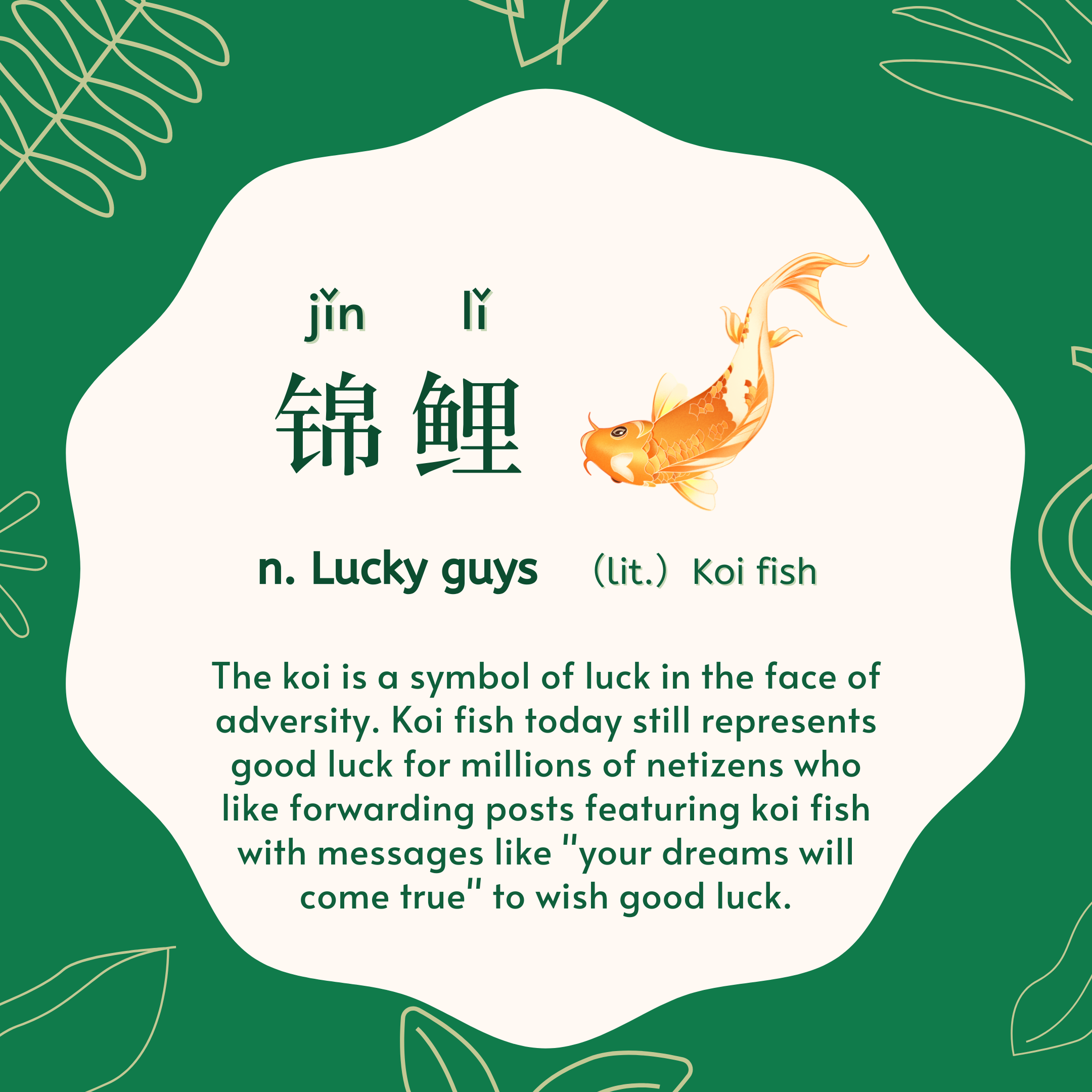
锦鲤 jǐn lǐ n. Lucky guys lit. Koi fish. "Koi fish" is a common slang for "lucky guys" on social media. Today, Koi fish still represents good luck for millions of netizens who like forwarding posts featuring koi fish with messages like "your dreams will come true" to wish good luck.
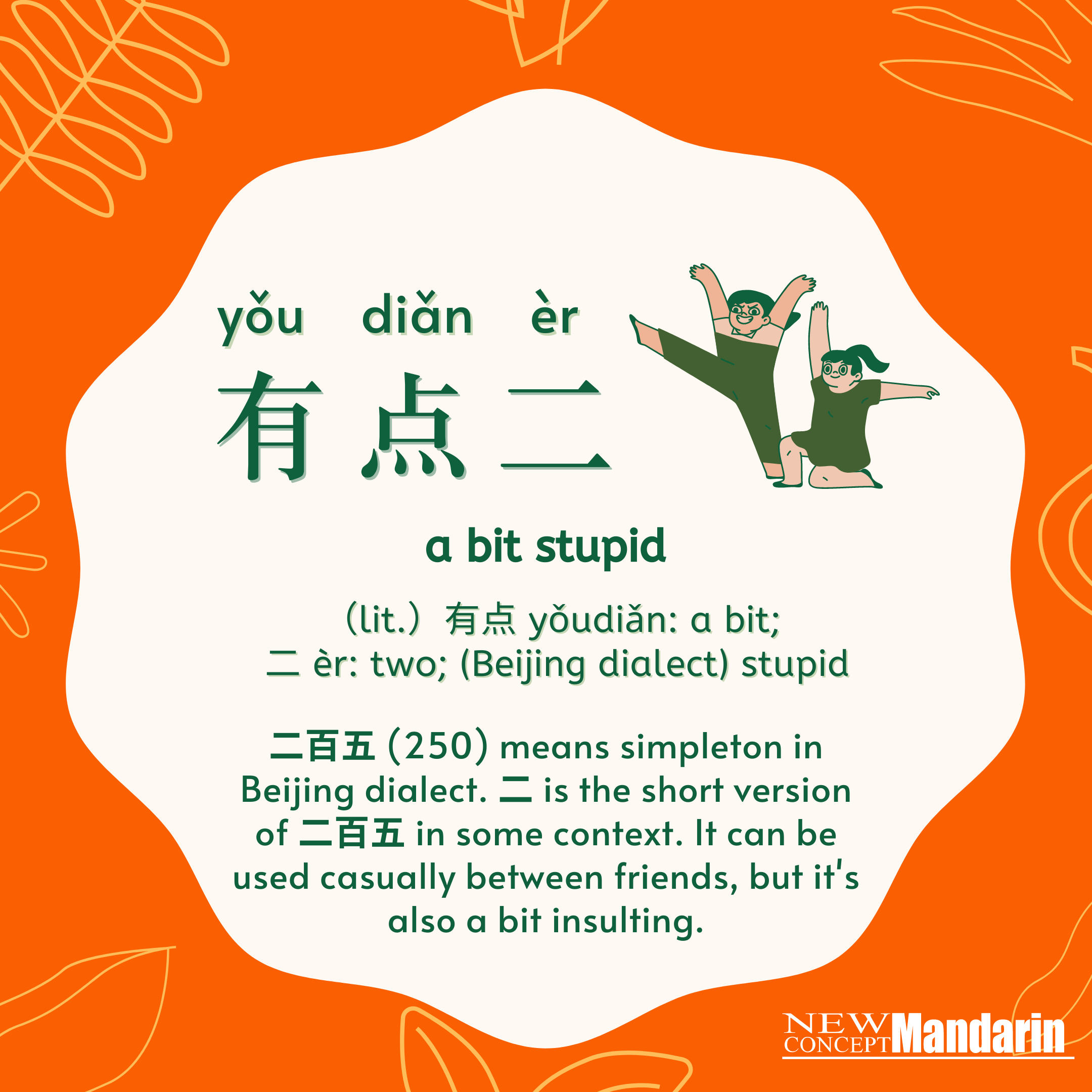
有点二 yǒudiǎn èr : a bit stupid. Chinese people usually avoid the number of 250, because 二百五(250) means simpleton in Beijing dialect. 二 is the short version of 二百五 in some context. It can be used casually between friends, but it's also a bit insulting.
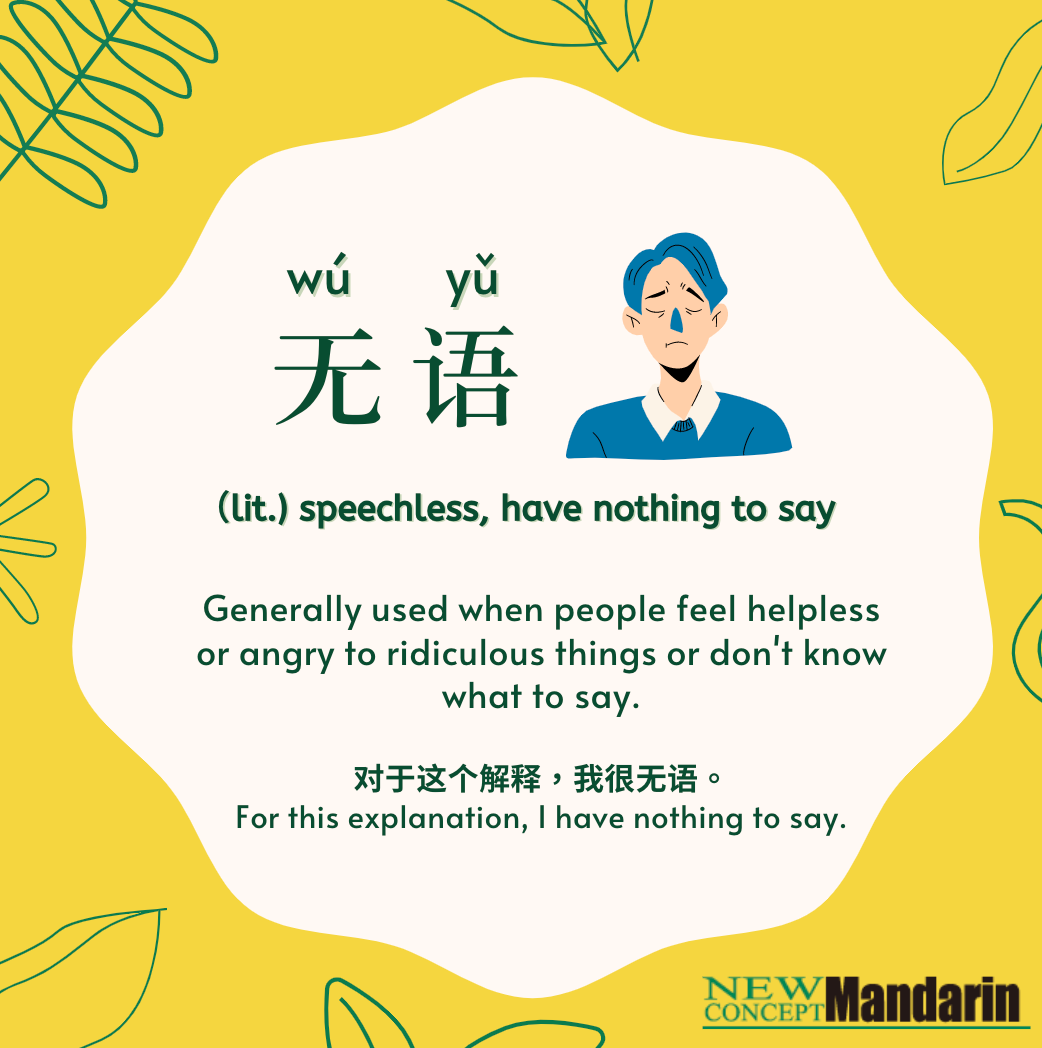
无语 wúyǔ lit.speechless, have nothing to say: generally used when people feel helpless or angry to ridiculous things or don't know what to say.
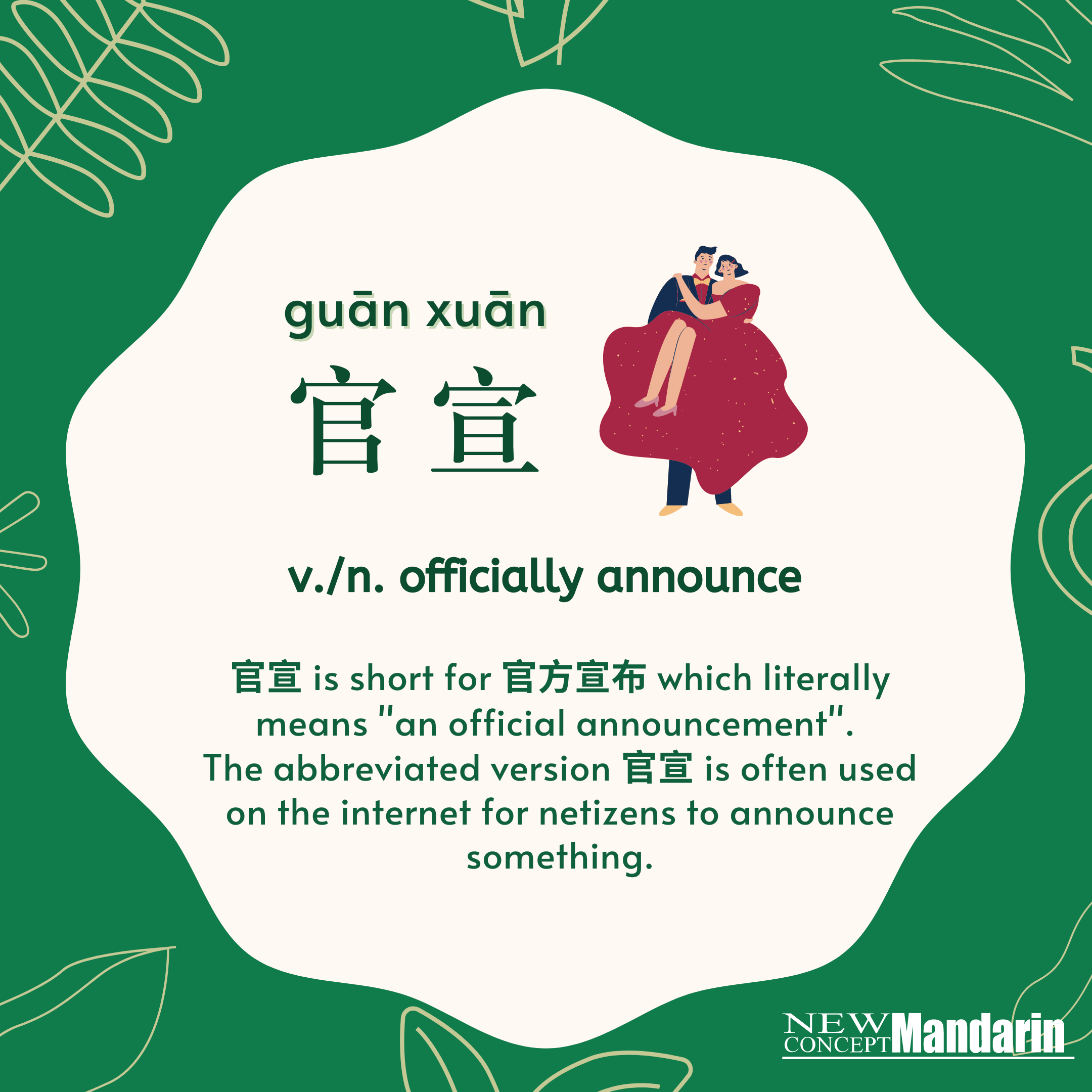
官宣 (guān xuān) v./n. officially announce: 官宣 is short for 官方宣布 which literally means "an official announcement". The abbreviated version 官宣 is often used on the internet for netizens to announce something.
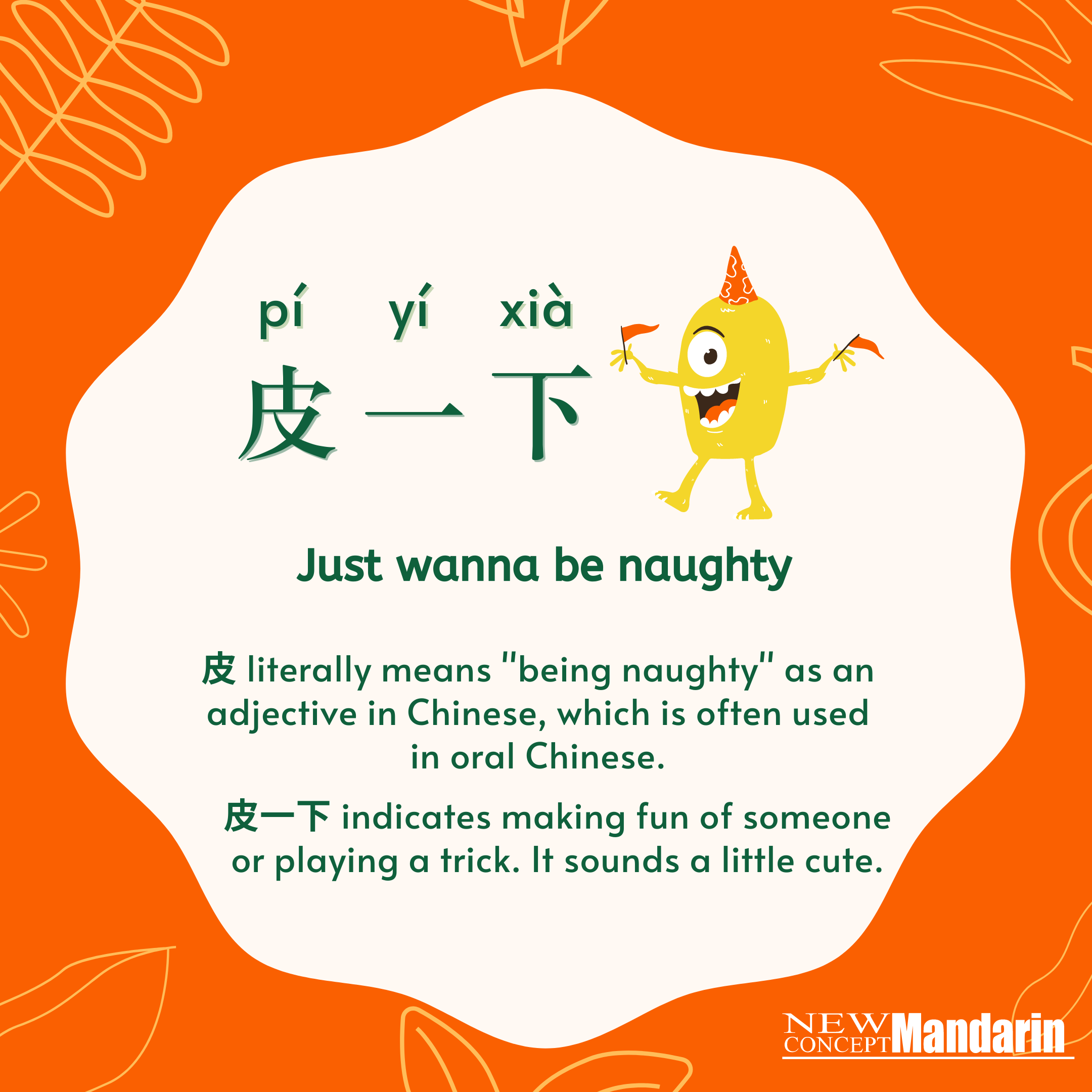
皮一下 (pí yī xià) just wanna be naughty: Literally speaking, 皮 means "being naughty" as an adjective in Chinese, which is often used in oral Chinese. 皮一下 indicates making fun of someone or playing a trick, and it sounds a little cute.
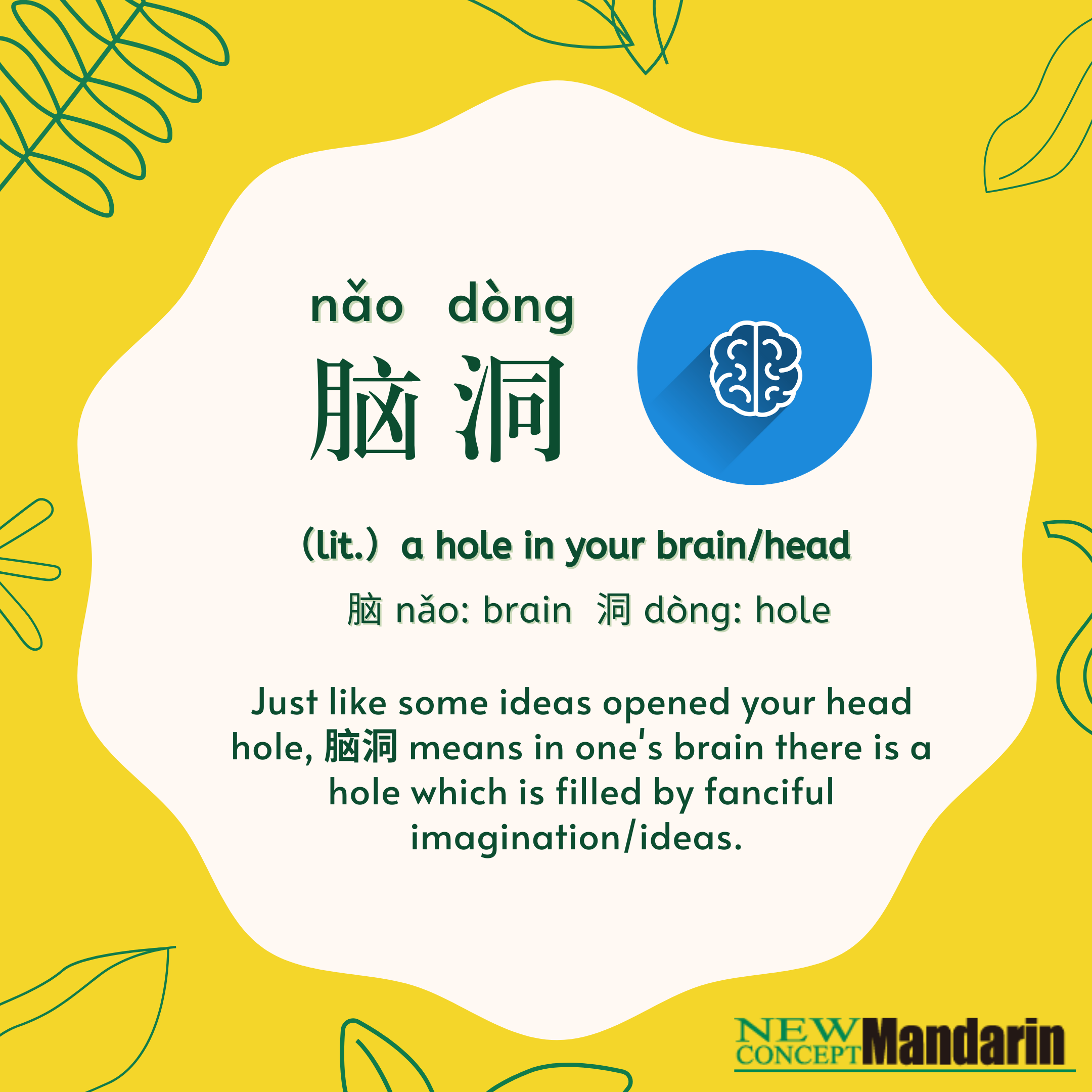
脑洞 nǎodòng: Just like some ideas opened your head hole, 脑洞 means in one's brain which is filled by fanciful imagination/ideas. Thus, the bigger one's nǎodòng is, the more imaginative a person is or has to be.
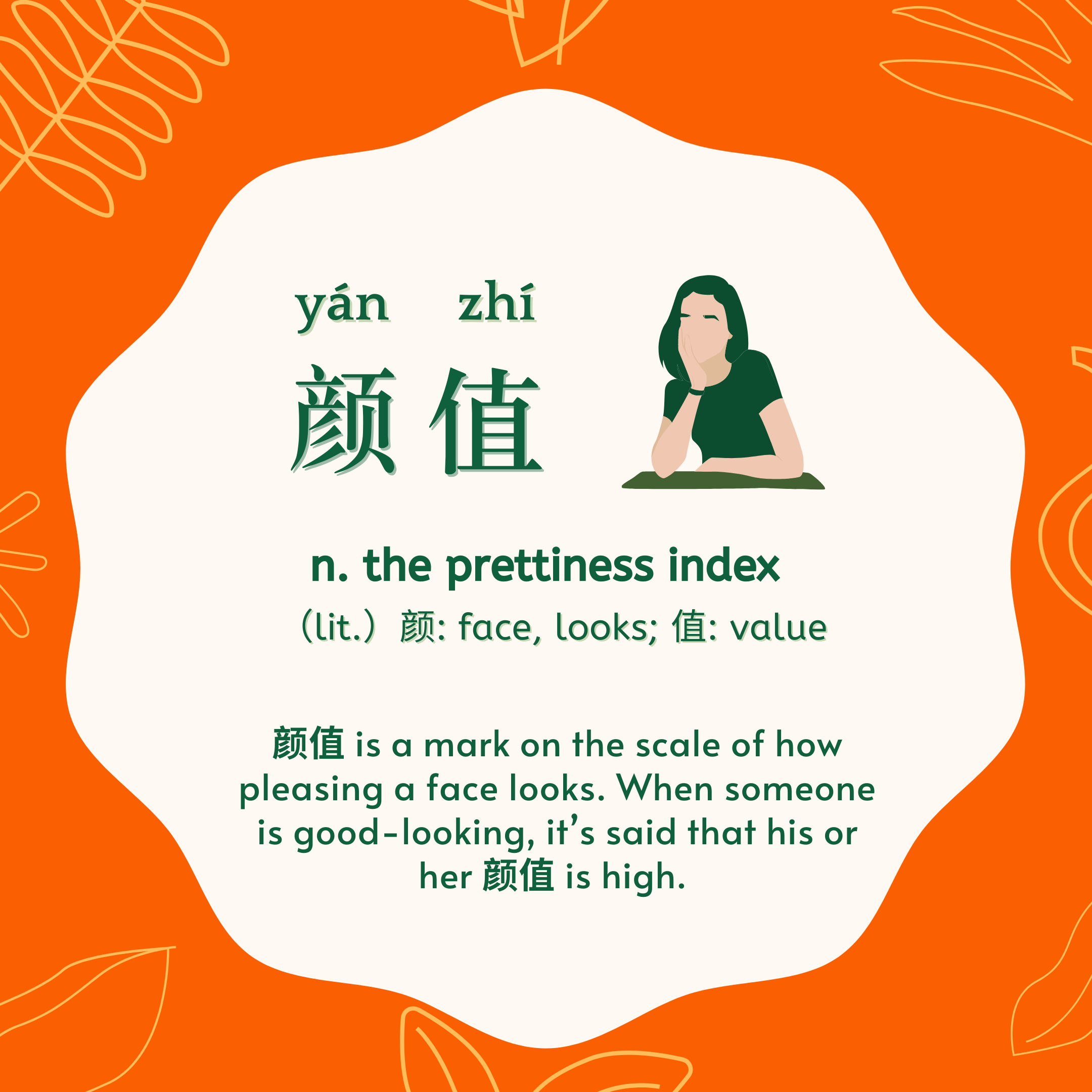
(yánzhí): the literal meaning is the value of a person's face, but in this instance, we use it to mean the rating of how attractive someone's face is. 颜值高 (yánzhí gāo): pretty, handsome, stunning. Not only for men or women, you can also use it to describe that something looks really pretty. 我买它就是因为颜值高。Wǒ mǎi tā, jiùshì yīnwèi yán zhí gāo. I bought it, because it looks so pretty.
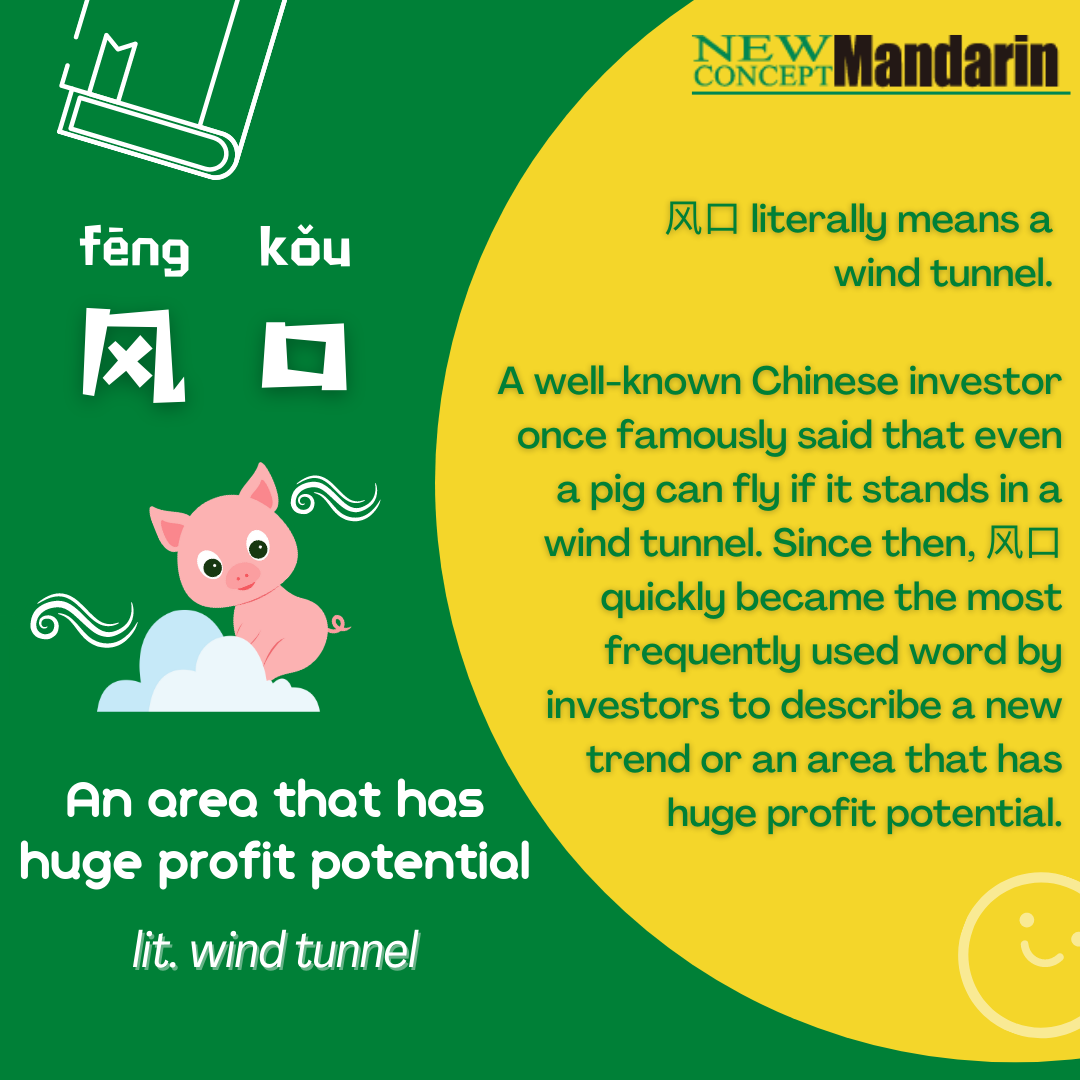
Fengkou fēng kǒu 风口 n. wind tunnel; an area or sector where, for a period of time, all investors want to invest in
Many attribute the popularity of the word to Xiaomi founder Lei Jun, who famously said that even a pig can fly if it stands in a wind tunnel. 站在风口上,猪都能飞起来。Zhàn zài fēngkǒu shàng zhū dōu néng fēi qǐlái.
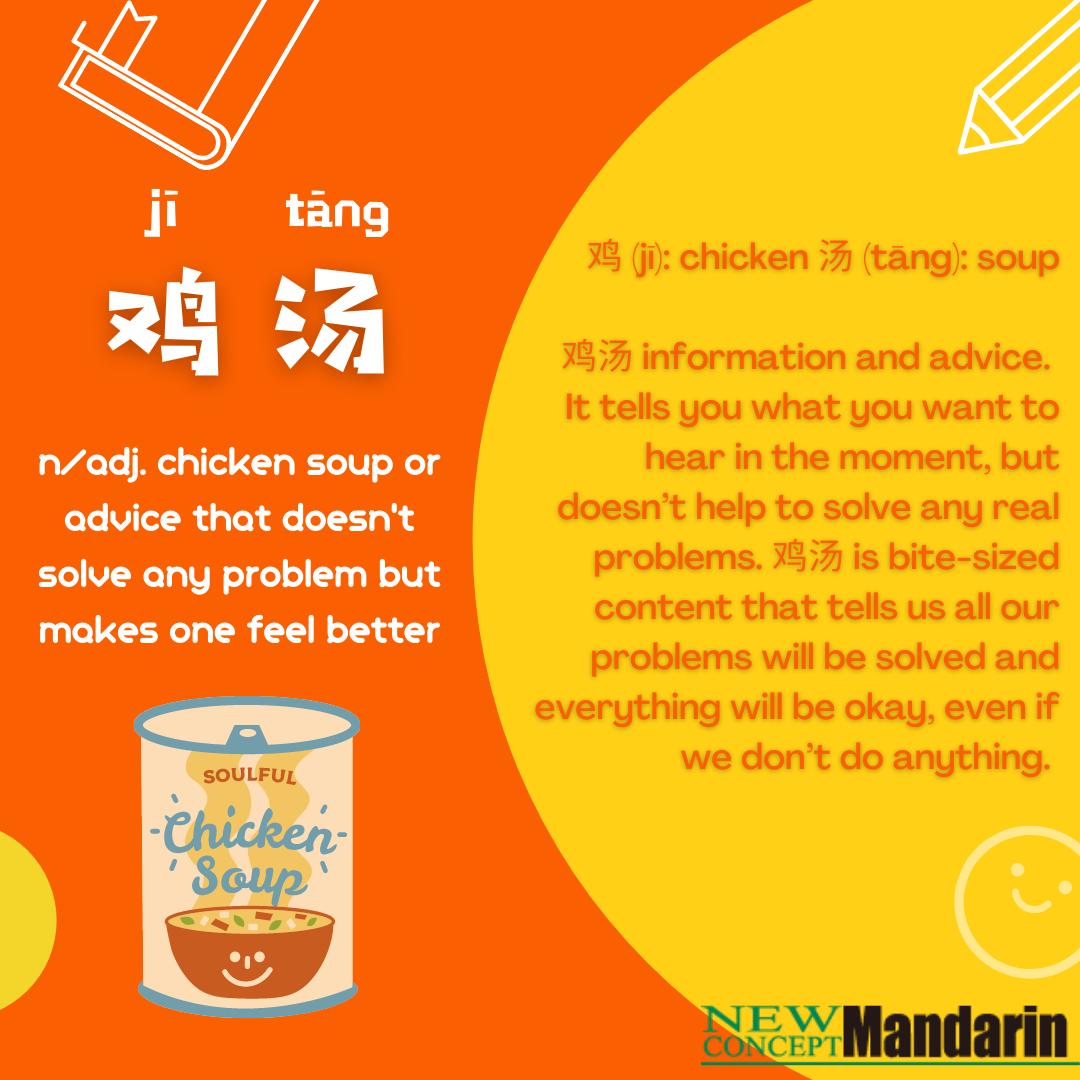
Jitang / jī tāng / 鸡汤 noun. and adj. “chicken soup,” or advice that doesn't solve any problem but makes one feel better jitang information and advice. It tells you what you want to hear in the moment, but doesn't help solve any real problems. Jitang is bite-sized content that tells us all our problems will be solved and everything will be okay, even if we don’t do anything.
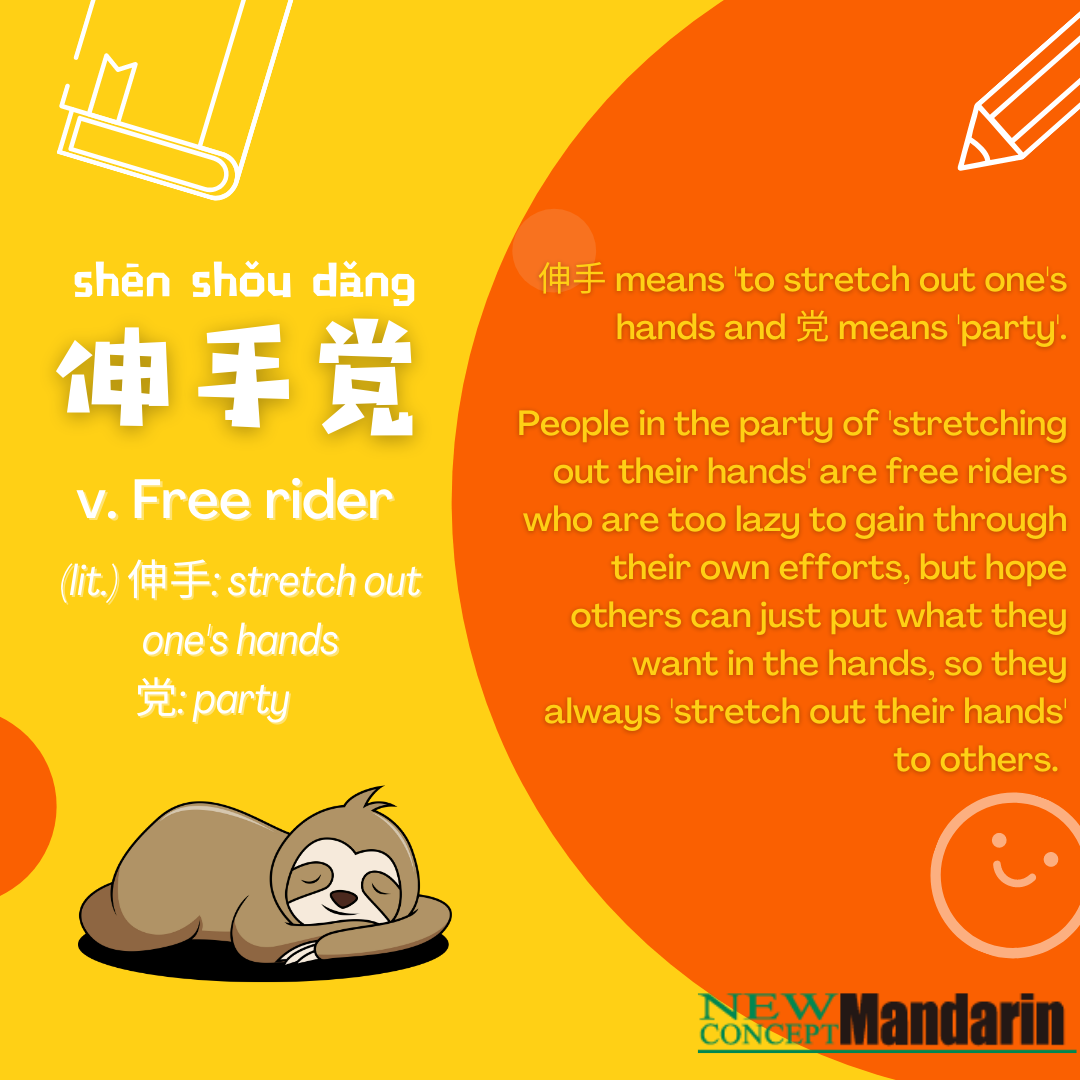
伸手党 shēnshǒu dǎng free rider: If someone constantly asks for perfectly Google-able information, he/she will be referred as shēnshǒu dǎng 伸手党. Instead of looking things up for themselves, they insists on bothering others by asking them for information.
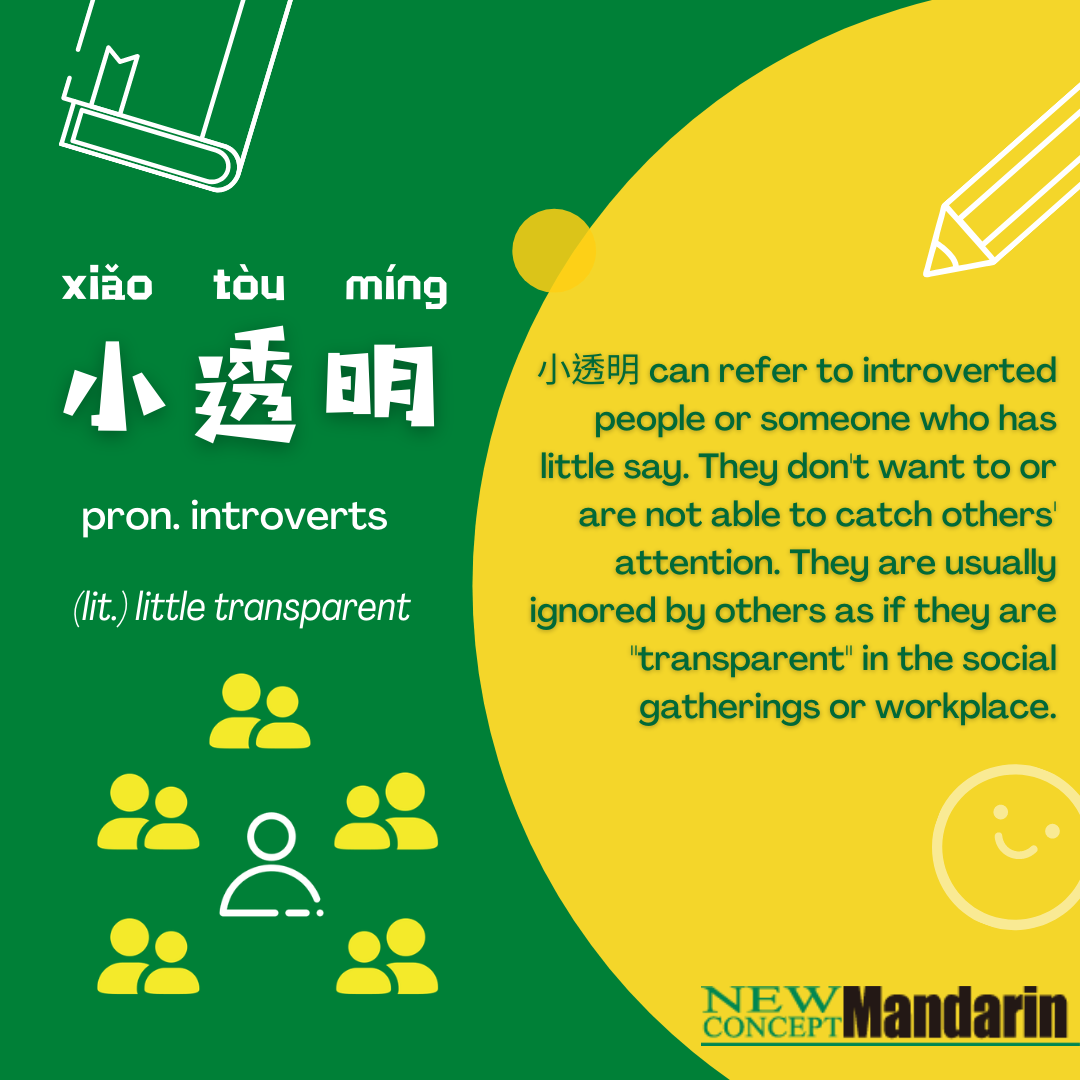
小透明:people who don't draw attention to themselves and are largely ignored in social situations.
Literally meaning 'little transparent', xiao touming describes those who have been marginalized in our society. They don't like interrupting others or draw attention to themselves.
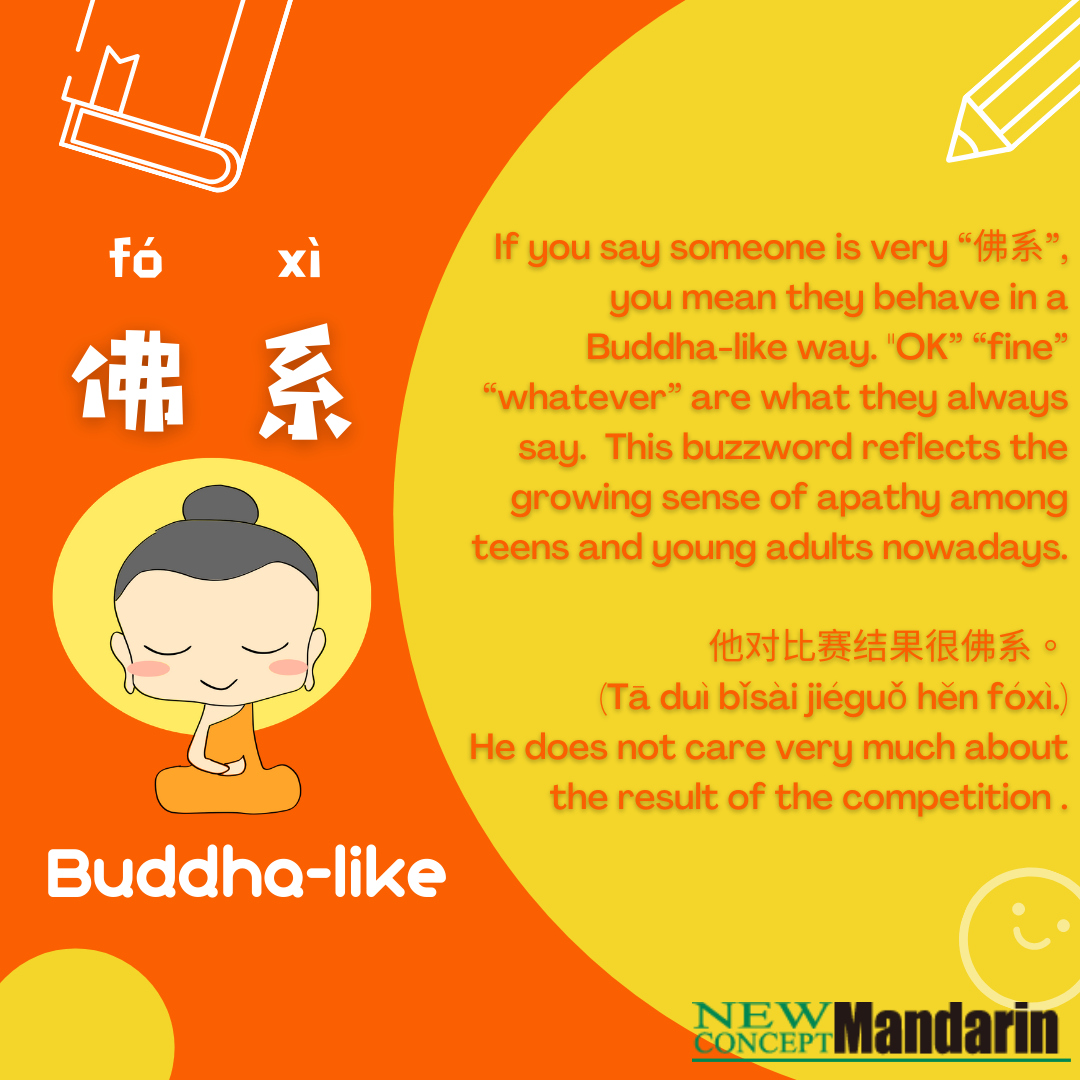
佛系 fó xì Buddha-like, ‘Foxi’ attitude (neologism) Chill about everything Typically used to describe young people who don't buy into aspirational society. Not succumbing to social pressure, worrying too much, bot being too obsessed with a goal.
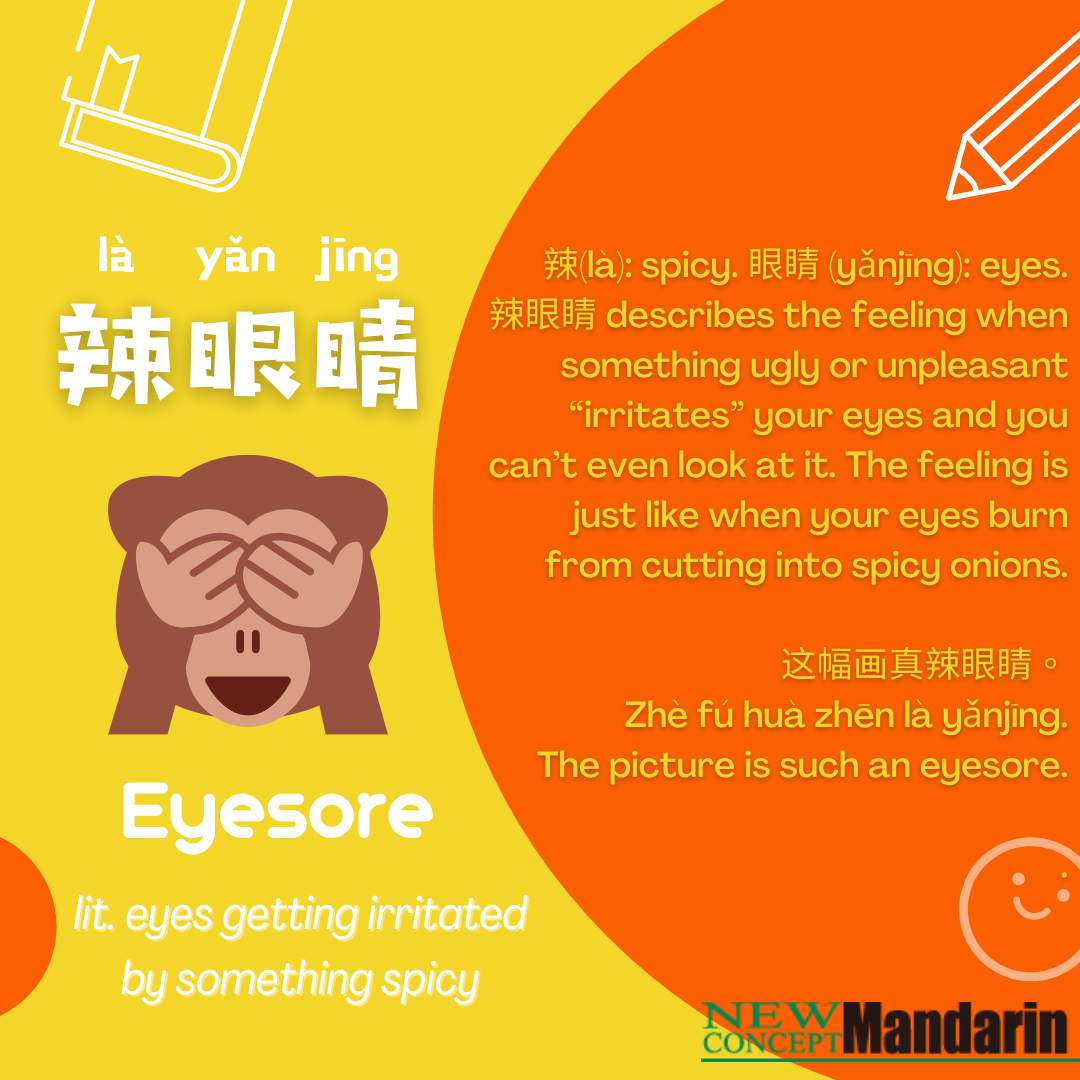
Slicing an onion makes the eyes sting. 切洋葱辣眼睛 辣眼睛 original means something irritates your eyes and thus you could not bear seeing it. It also means some internet pictures or scenes that is so disgusting you can’t even look at it.
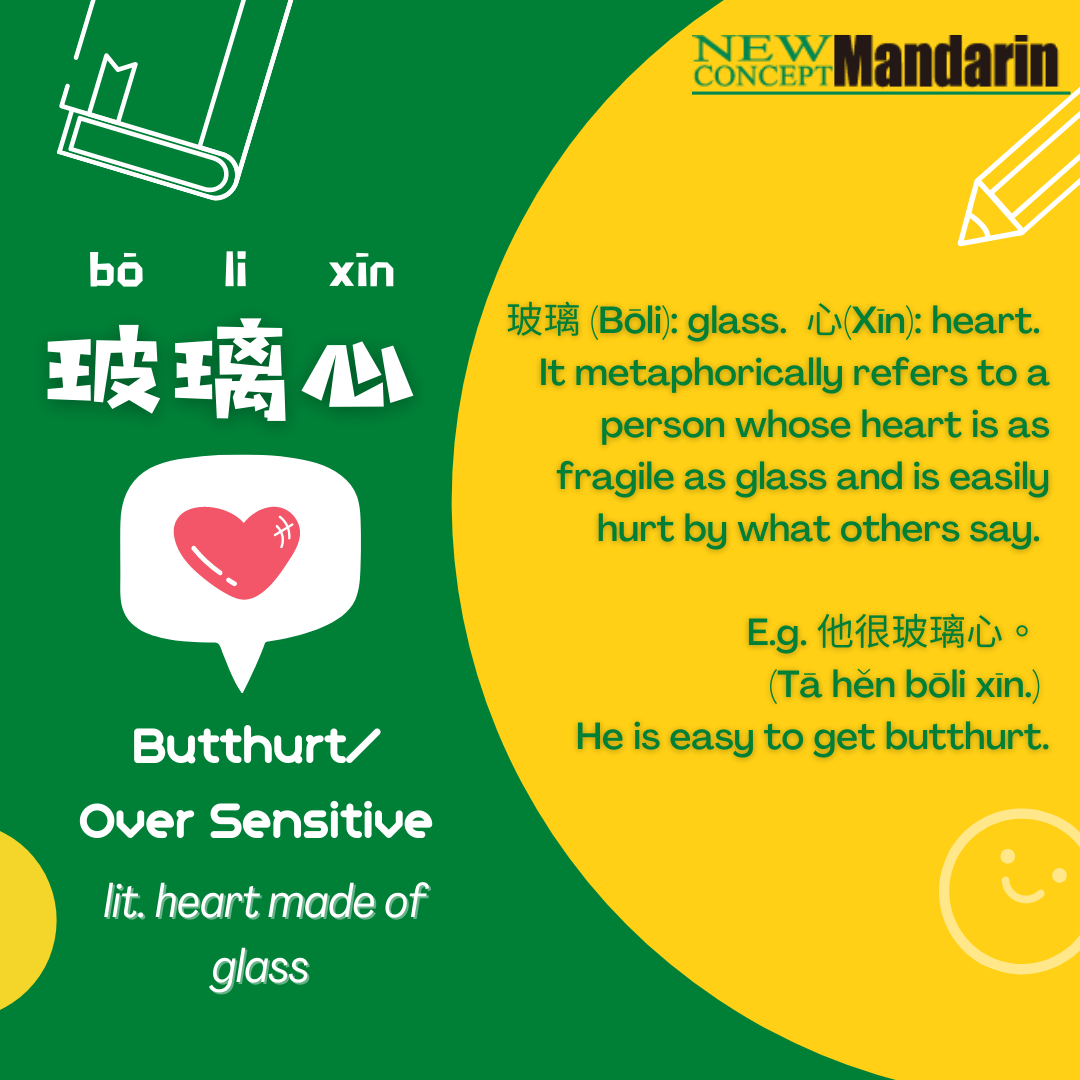
玻璃心 metaphorically refers to a person whose heart is as fragile as glass and is easily hurt by what others say. You can say, 他很玻璃心 Tā hěn bōli xīn. to describe someone who often feel offended and upset by others' words.
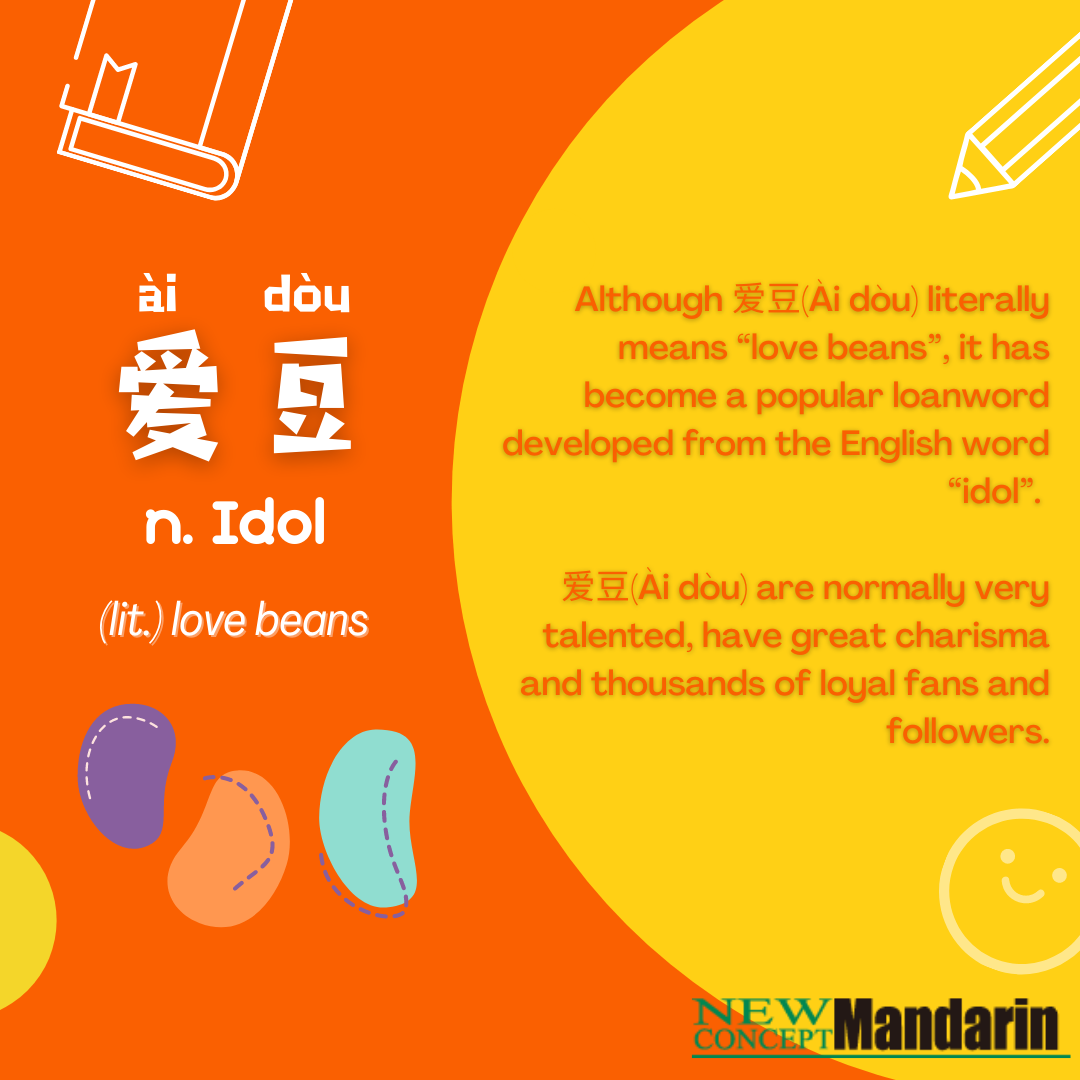
爱豆 refers to young people's Idol. Chinese character "爱" (love) tell the euphoric feelings of fans towards their idols. This terms used by Chinese netizens to refer to heir idols, often young celebrities form the show business.
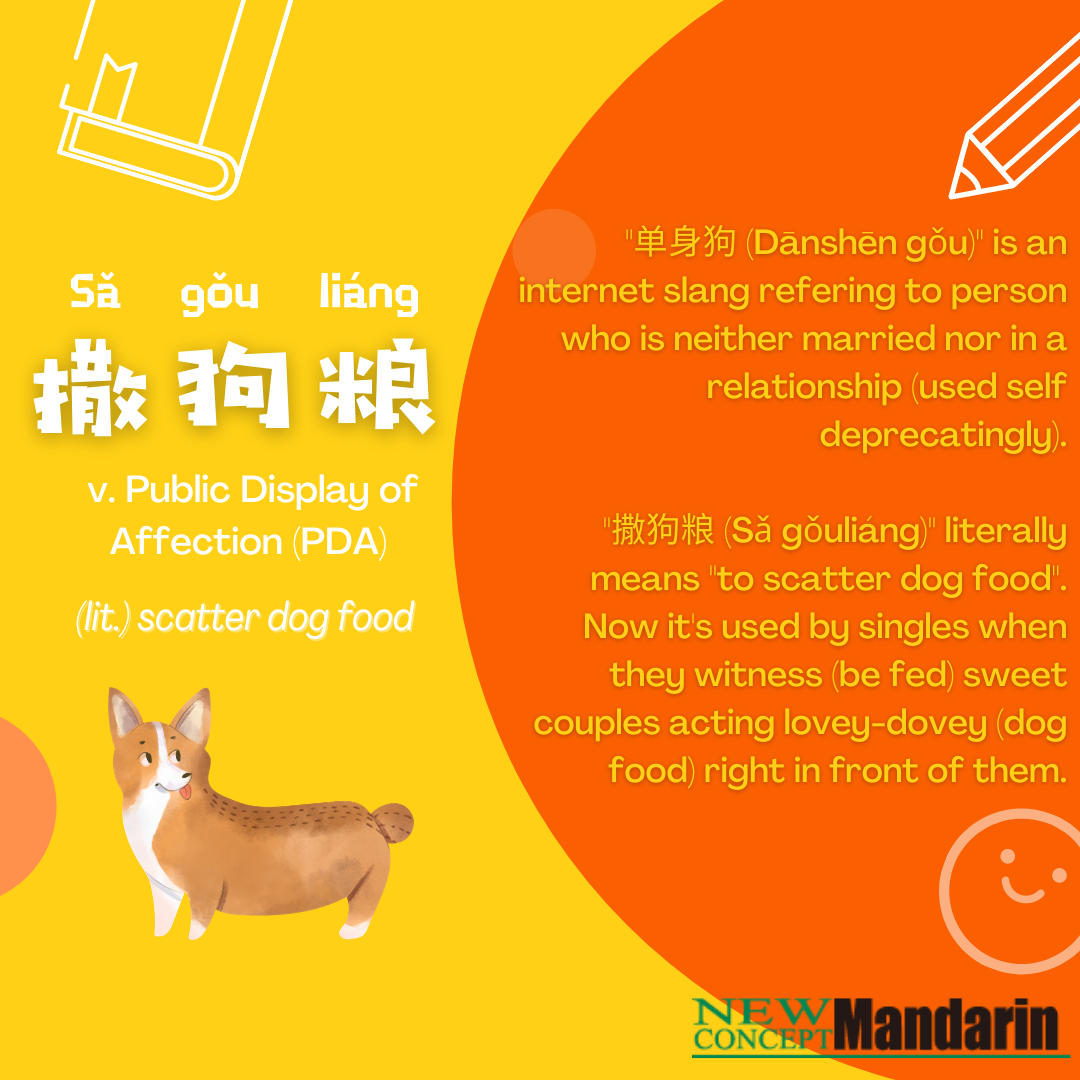
To understand 撒狗粮,we need to know another internet slang 单身狗. "单身(dānshēn)" means "single," and "狗(ɡǒu)" means "dog." Normally only a person would nly call himself or herself "dānshēnɡǒu" in a self-deprecating manner. When a couple act lovey dovey in fromt of 单身狗, this is called "sprinkle dog food".
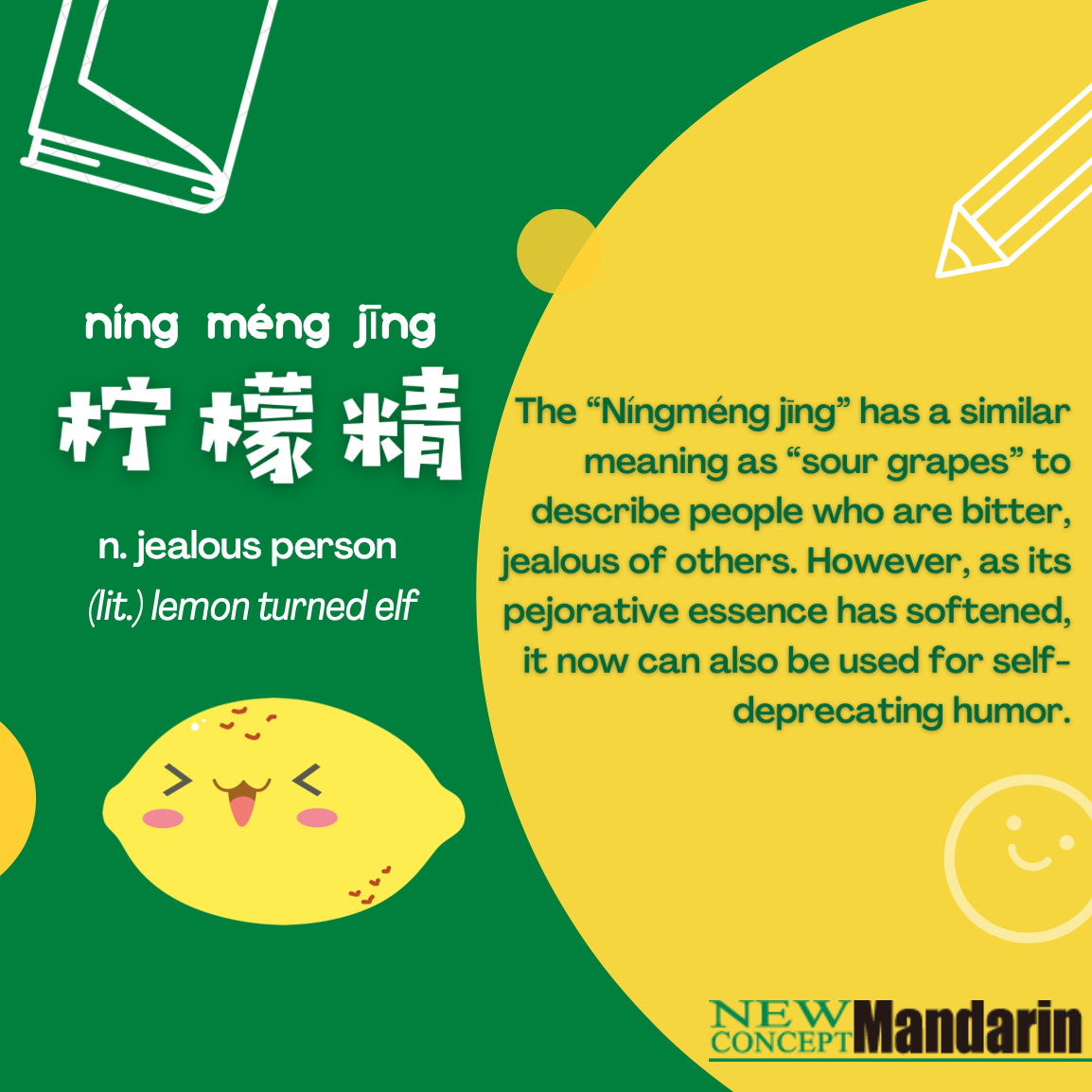
柠檬精 (Níngméng jīng) is a new and popular internet slang in China, and typically is used to describe a person who enjoys criticizing others who appear to be more successful, and happier than oneself.
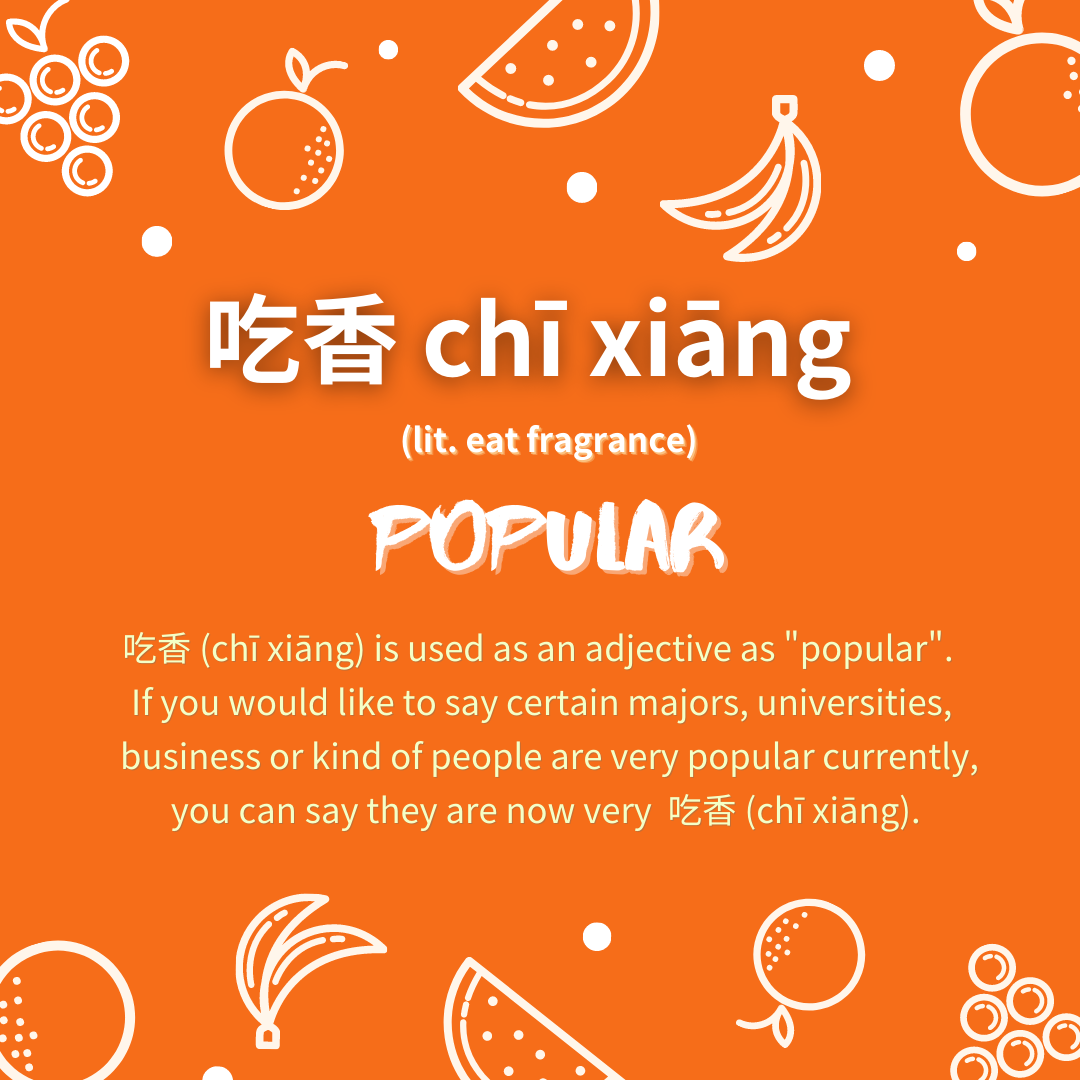
吃香 chīxiāng has the same meaning as "受欢迎"(be popular, shòu huānyíng). 香 means fragrance. You can describe a job is 很吃香 because it is in high demand.
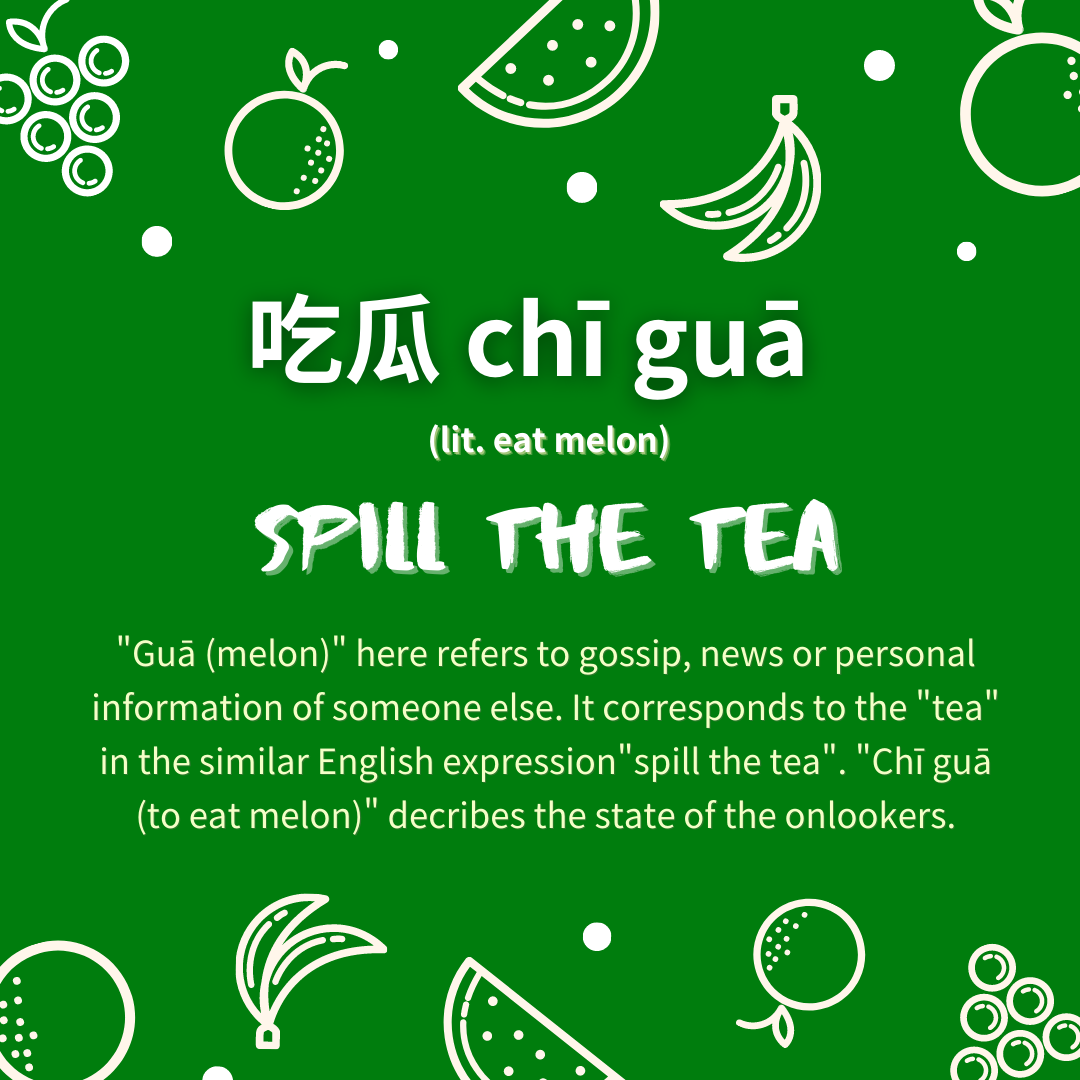
吃瓜群众 Chī guā qúnzhòng: onlookers who are interested in the spectacle but don't have anything knowledgeable to say about it.
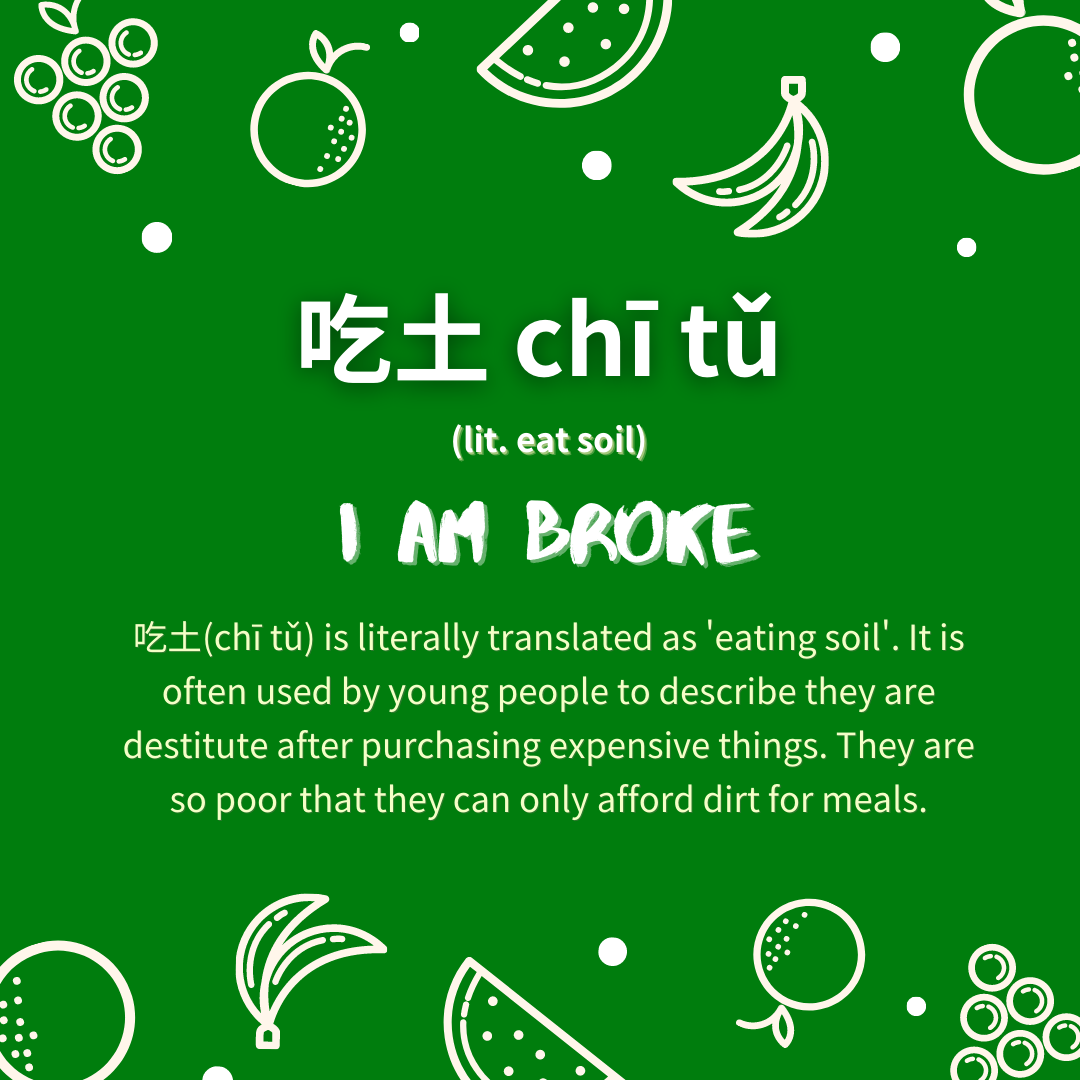
Chi Tu is a common term in China for being so poor you could only afford dirt for meals. This is typically said because one has spent all of their money shopping.

Zhong Cao describes the effect when someone sees something owned by a friend or family member, or an advertisement for a product, and wants it. The effect is like planting a seed in their mind.
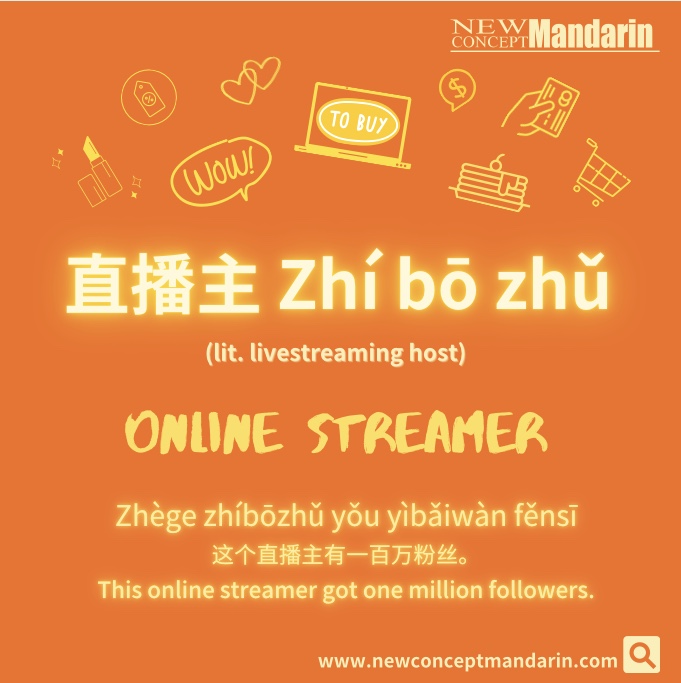
An online streamer is a person who broadcasts themselves online through a live stream.
#chinesebuzzword #livestream #onlinestreaming #mandarinchinese #tiktok #youtubechannels #learnchinese #learnmandarin #newconceptmandarin
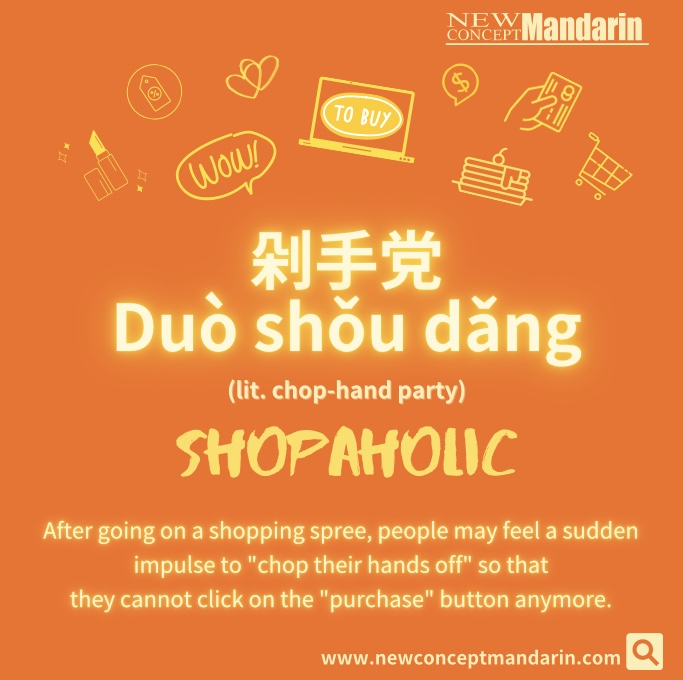
How to say shopaholic in Mandarin Chinese?
#chinesebuzzword #learnchinese #learnmandarin #shopping #crazyshopping #shoppingday #buy #newconceptmandarin#chinesebuzzword #shopaholic #onlineshopping #learnchinese #learnmandarin #mandarinchinese #newconceptmandarin
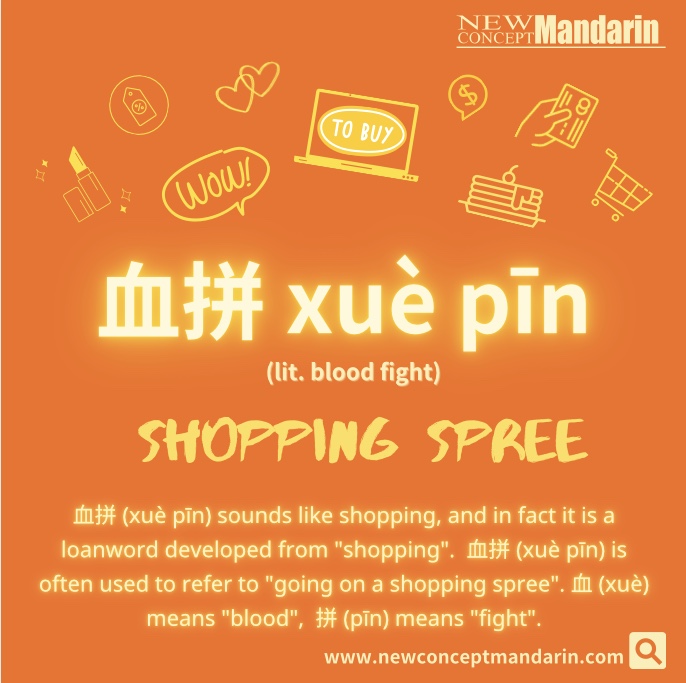
How to say top trending products in mandarin?
#chinesebuzzword #learnchinese #learnmandarin #shopping #crazyshopping #shoppingday #buy #newconceptmandarin
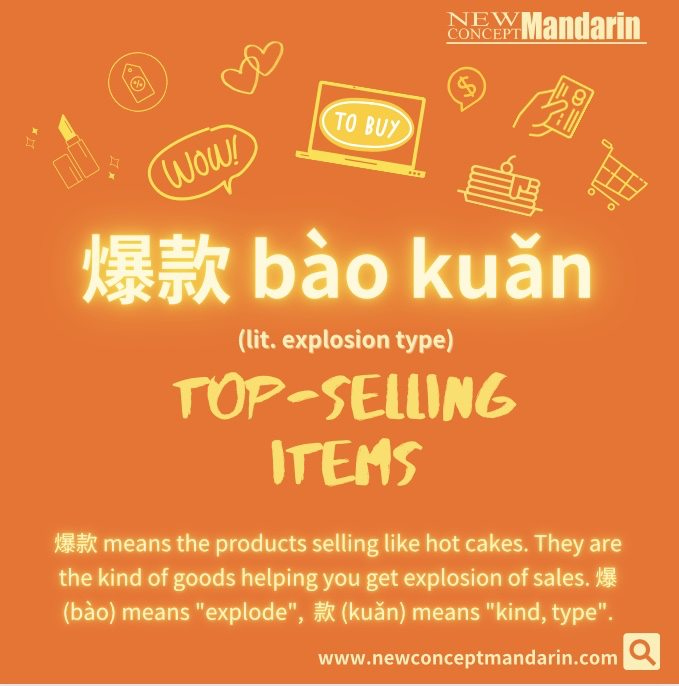
How to say top trending products in mandarin?
#chinesebuzzword #buzzword #learnlanguage #mandarin #chineselanguage #learnmandarin #shopping #chineselanguage #trendingproducts #learnchinese #newconceptmandarin

Live-streaming e-commerce in mandarin chinese
#Chinesebuzzword #Mandarinpopularsayings #livestream #livestreaming #zhibodaihuo #直播带货 #直播带货是什么意思 #LearnMandarinChinese #NewConceptMandarin #onlineshopping
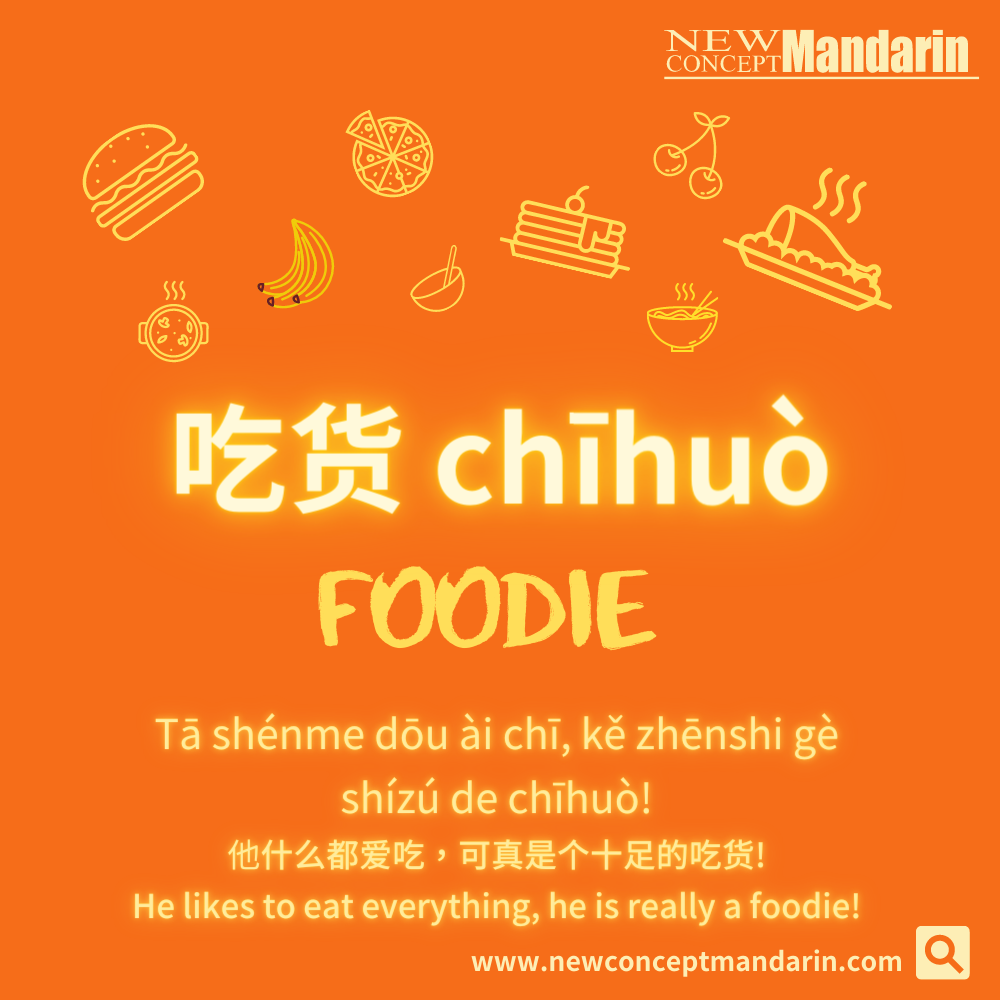
How to say foodie in mandarin
#Chinese buzzword #Mandarin popular sayings #Foodie #Chihuo #吃货 #吃货是什么意思 #Learn Mandarin Chinese #New Concept Mandarin
